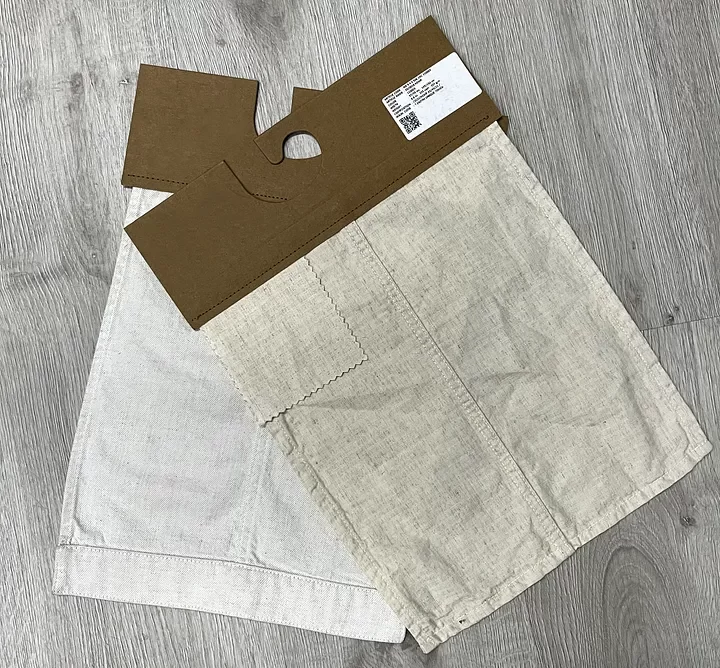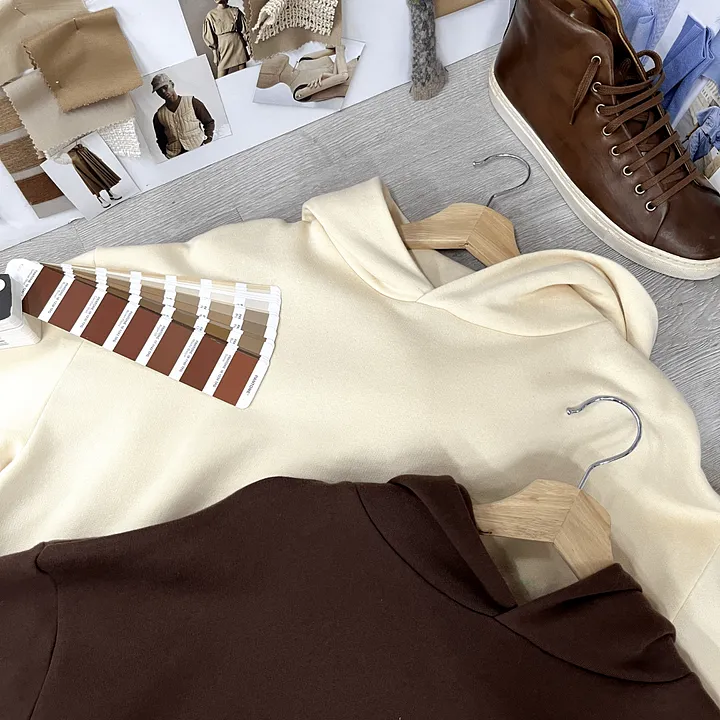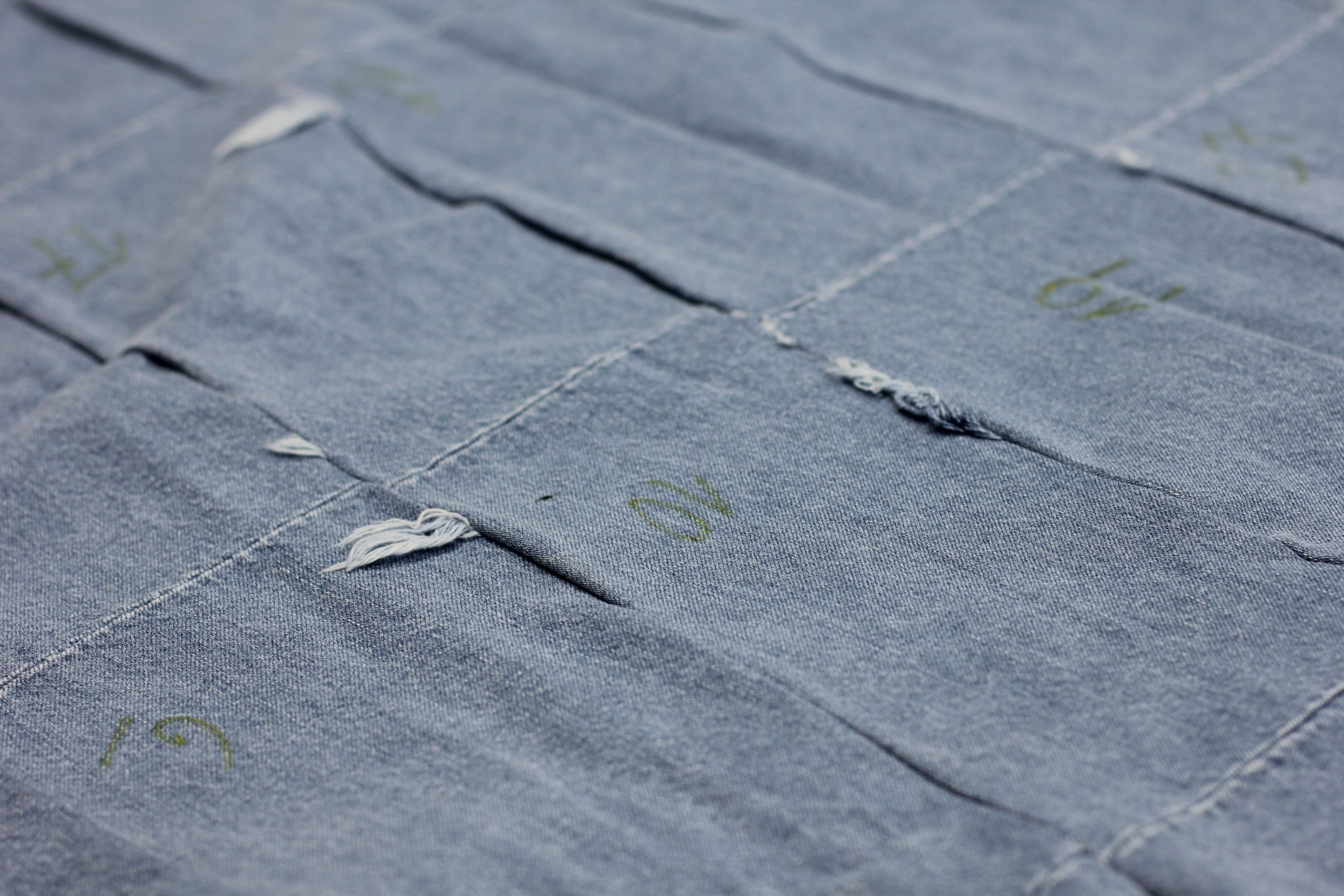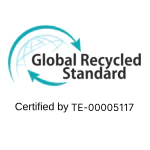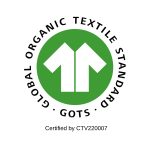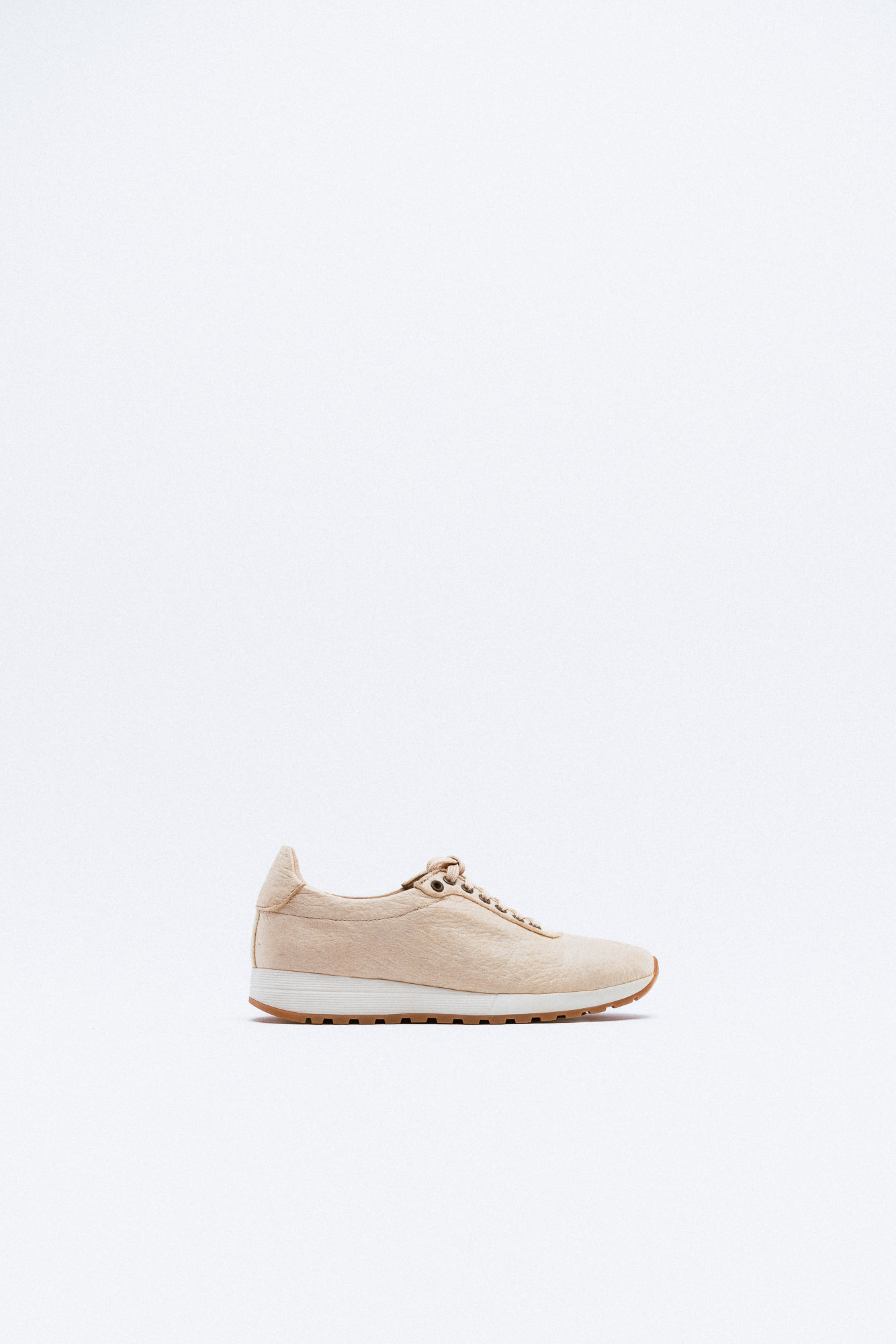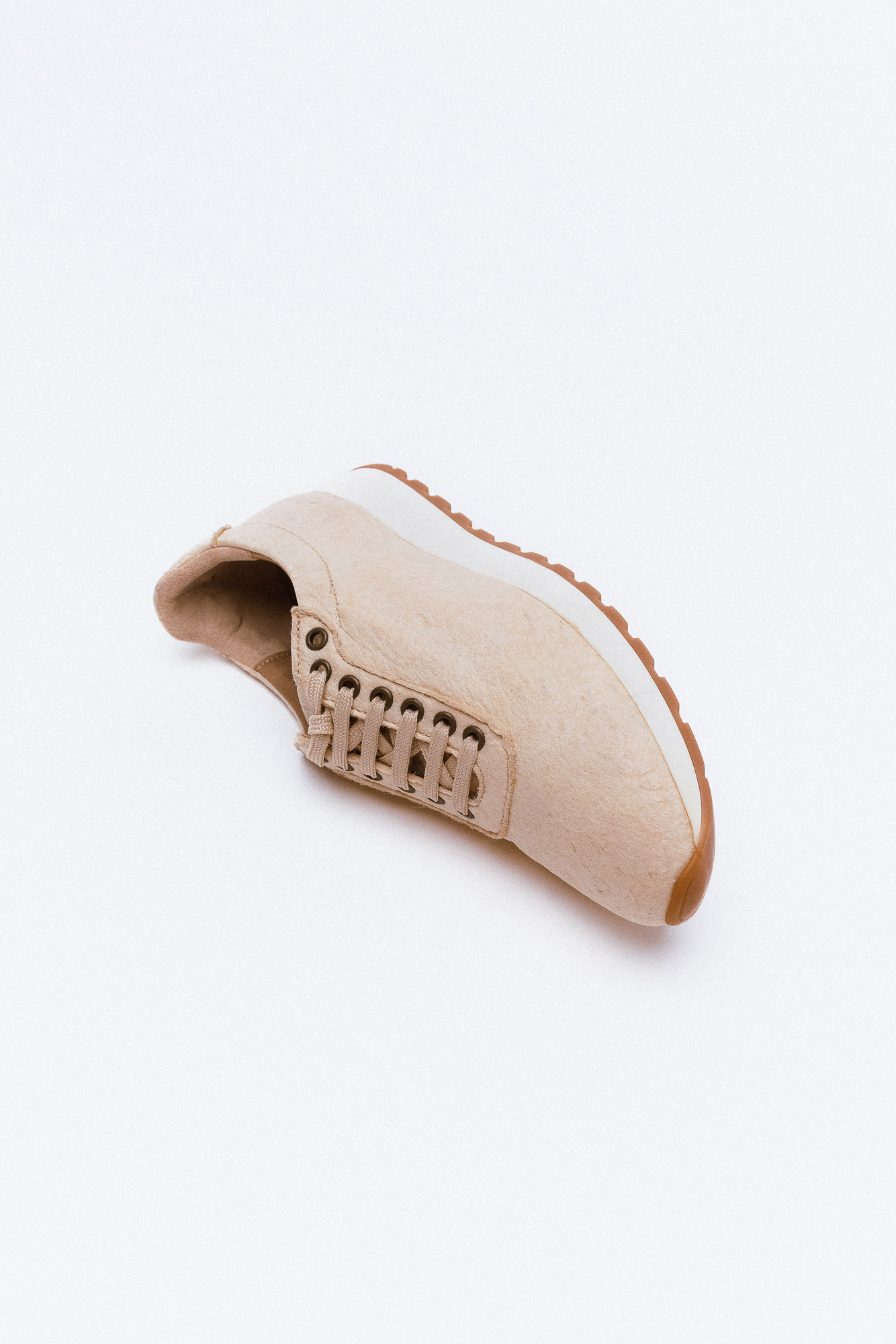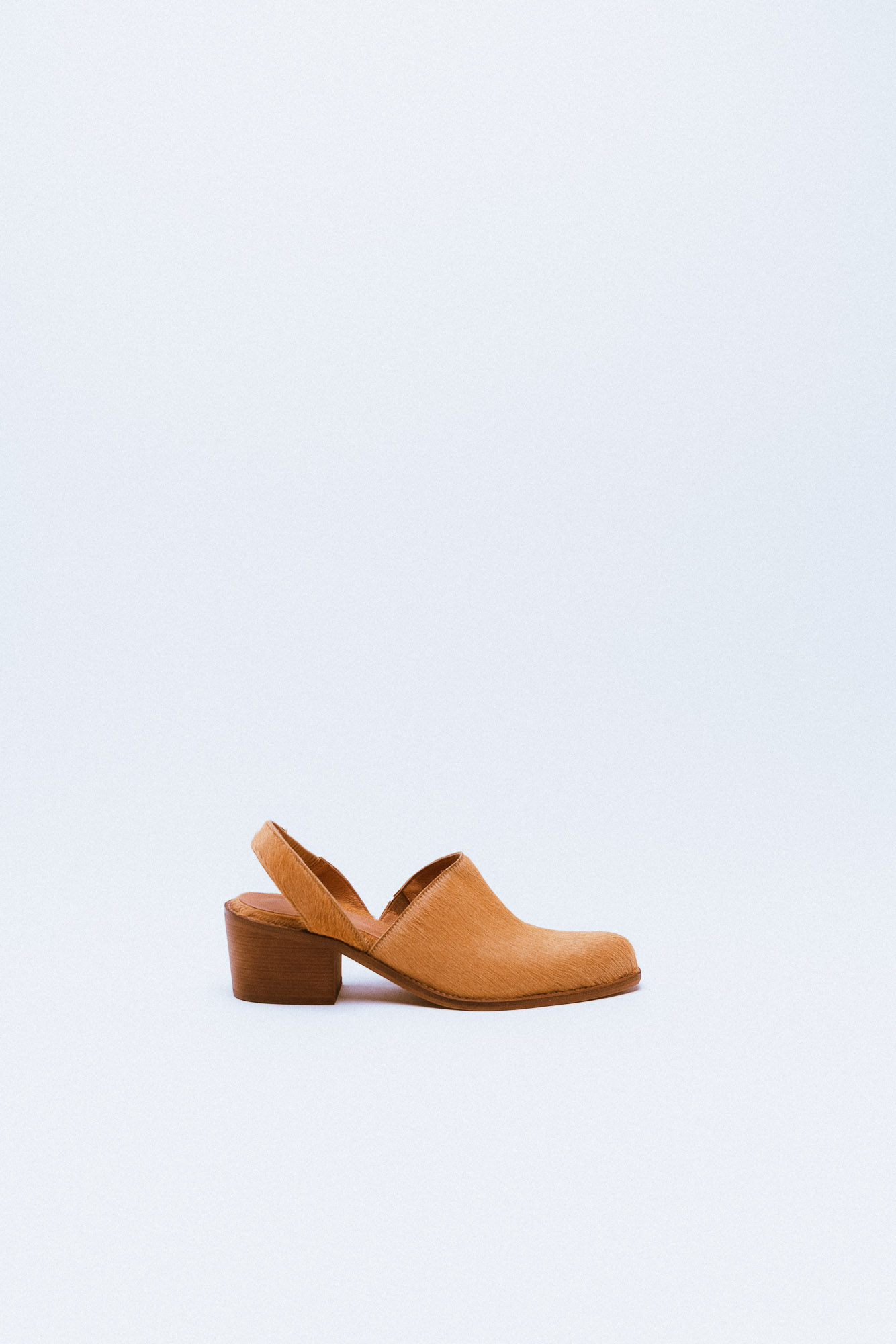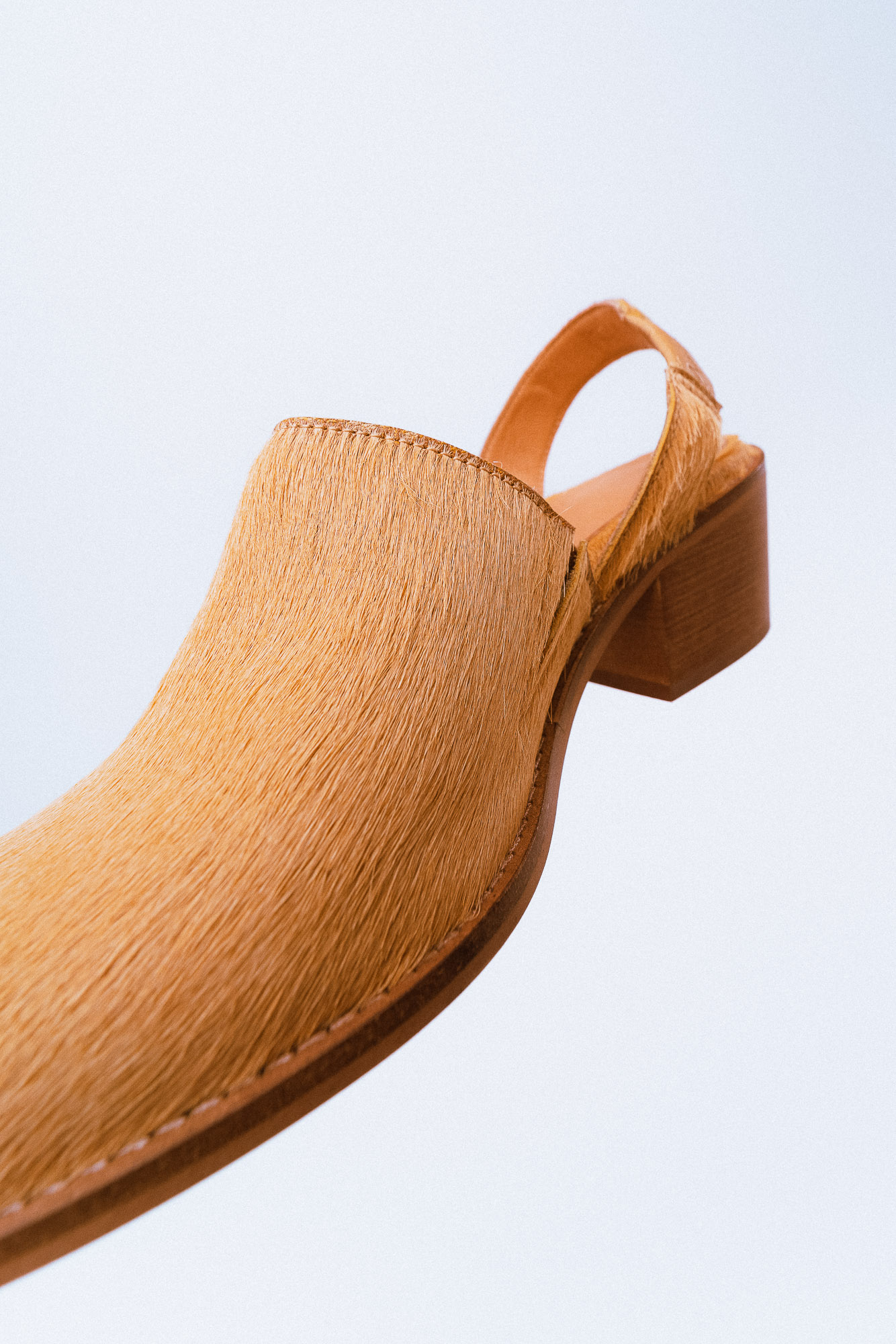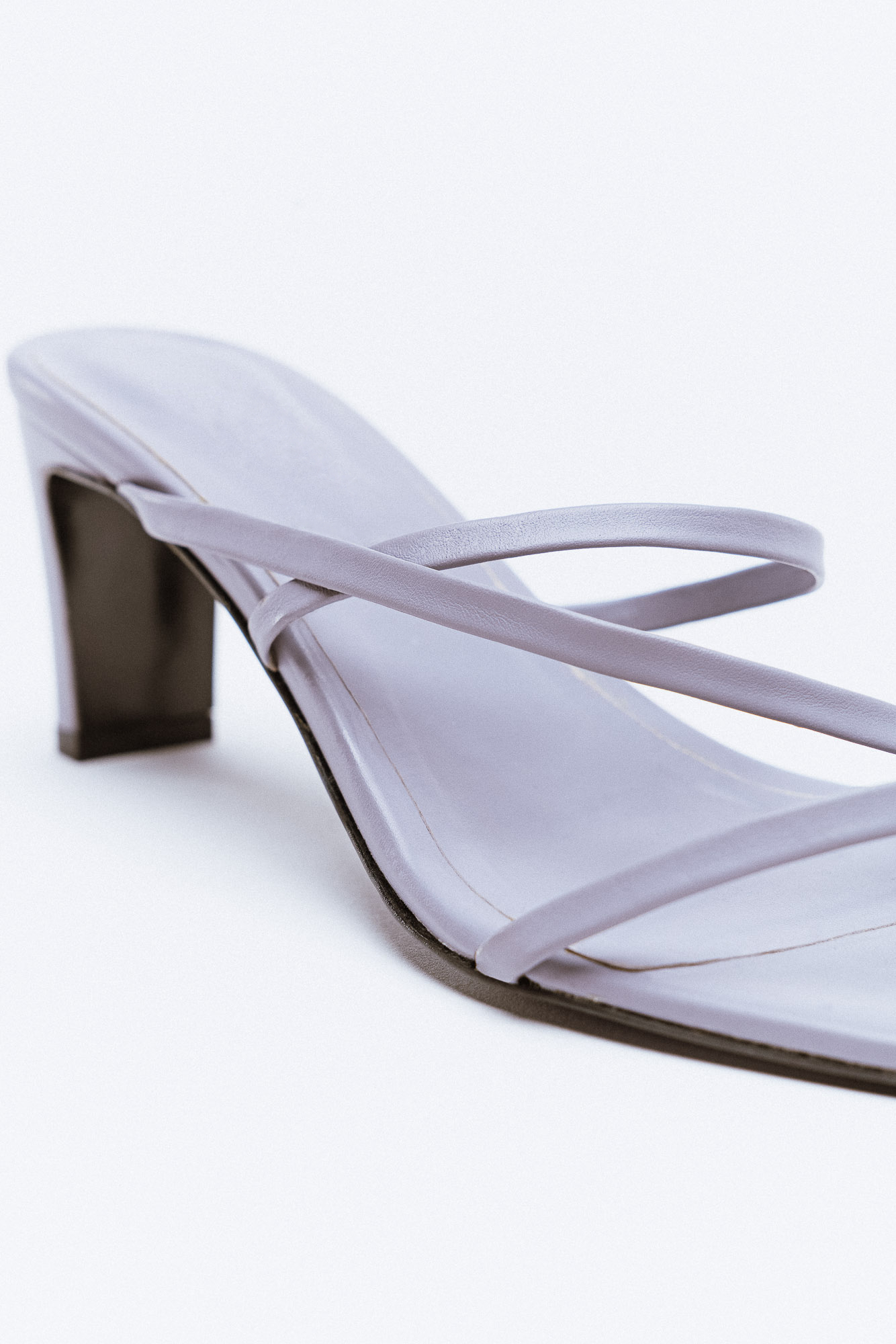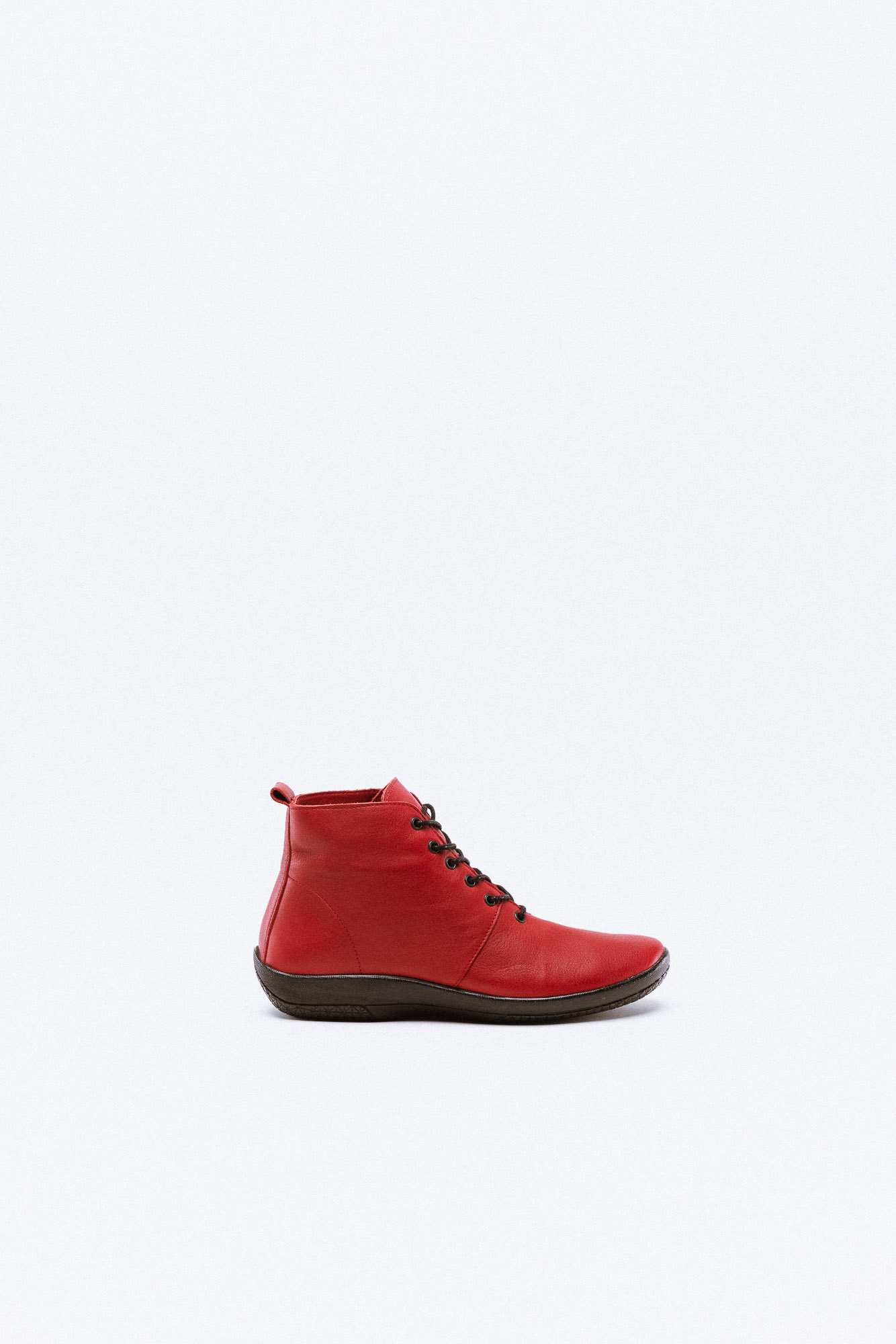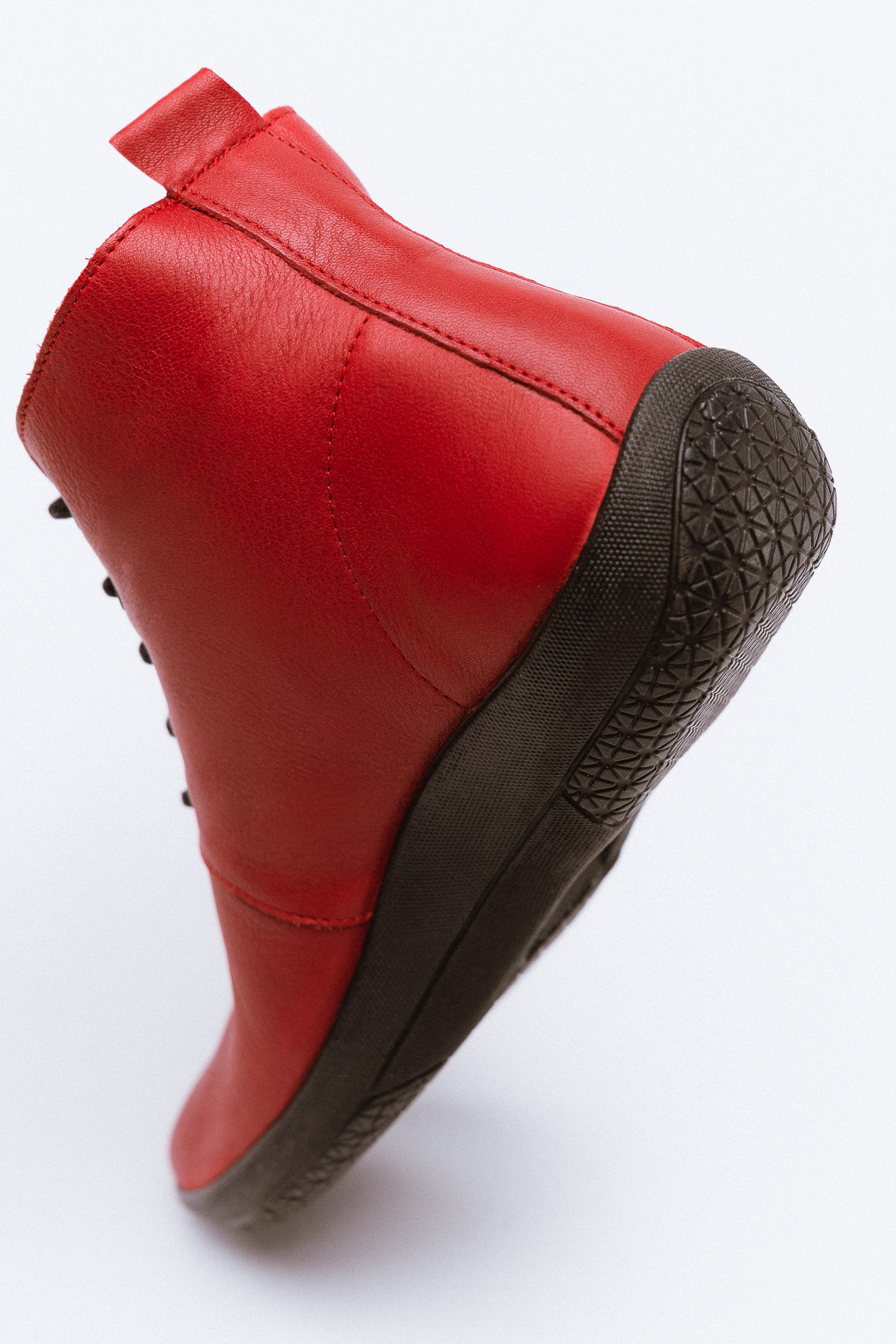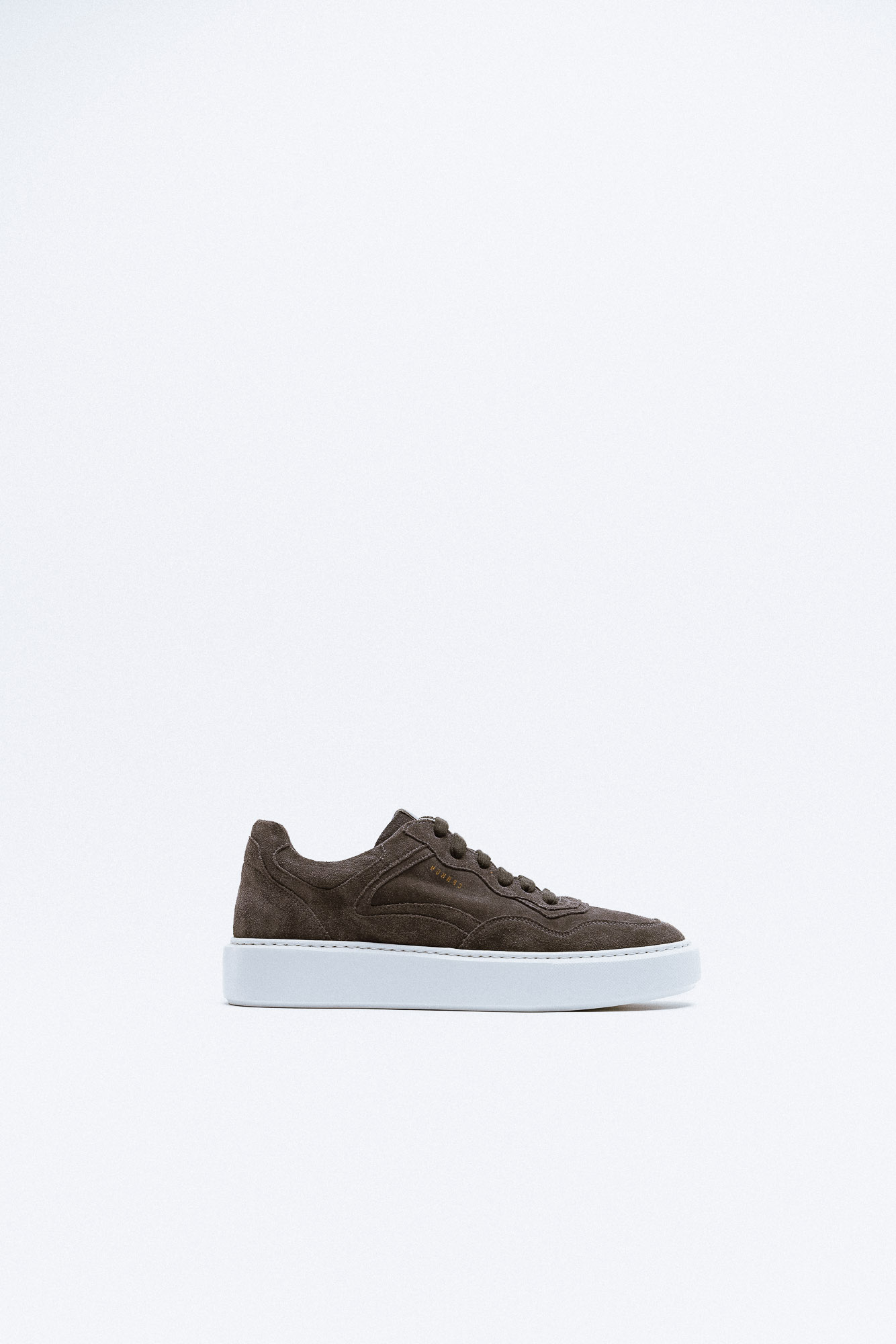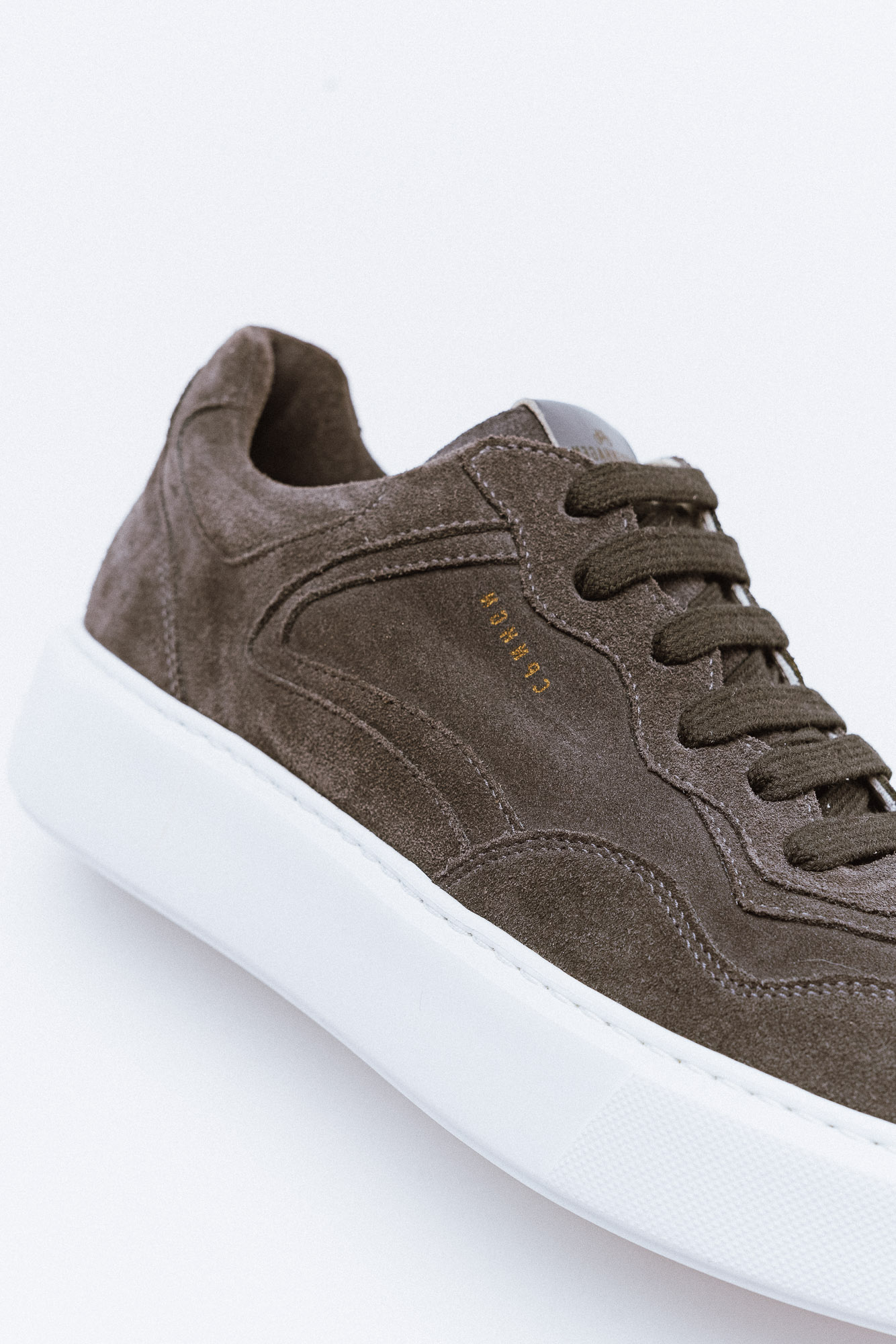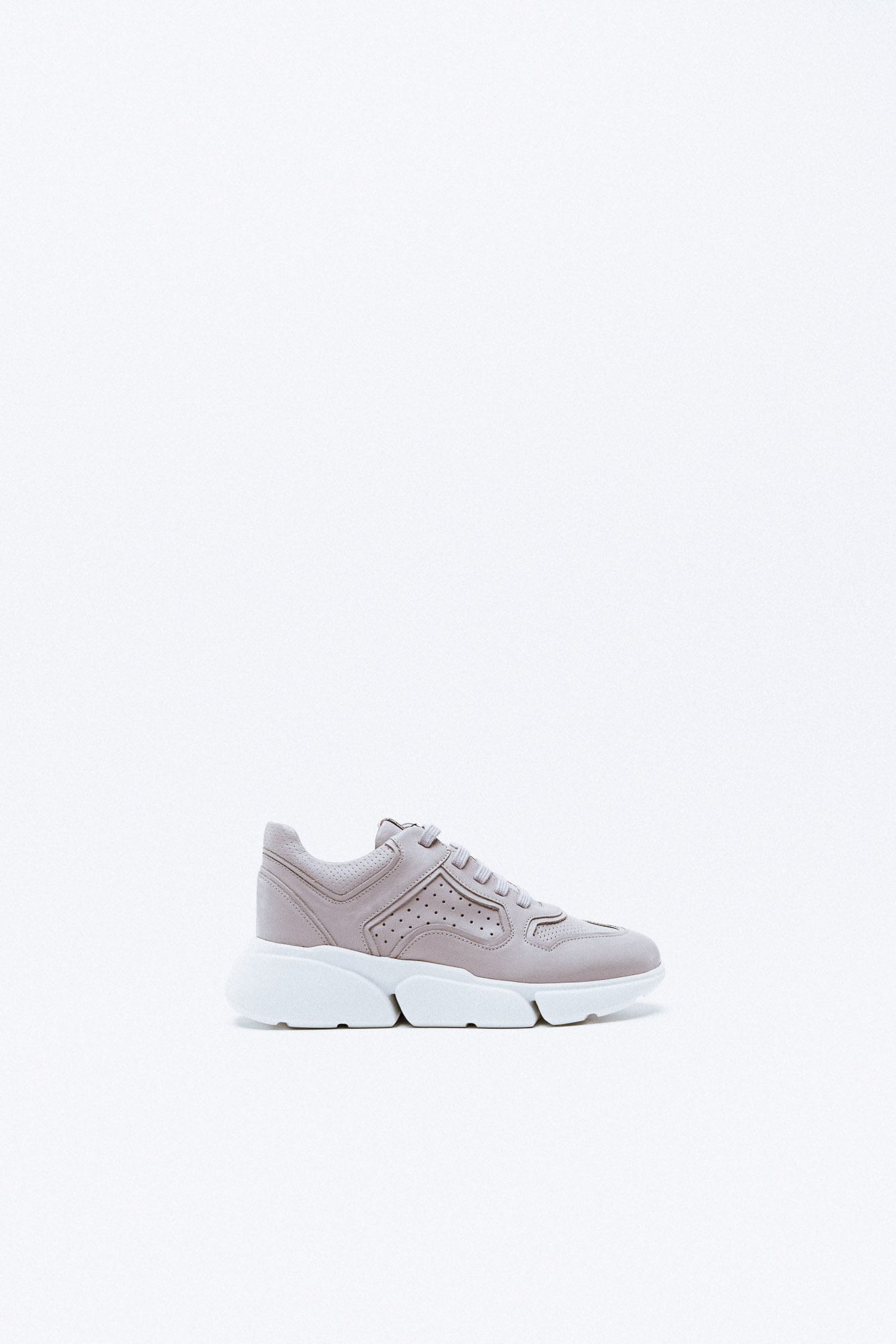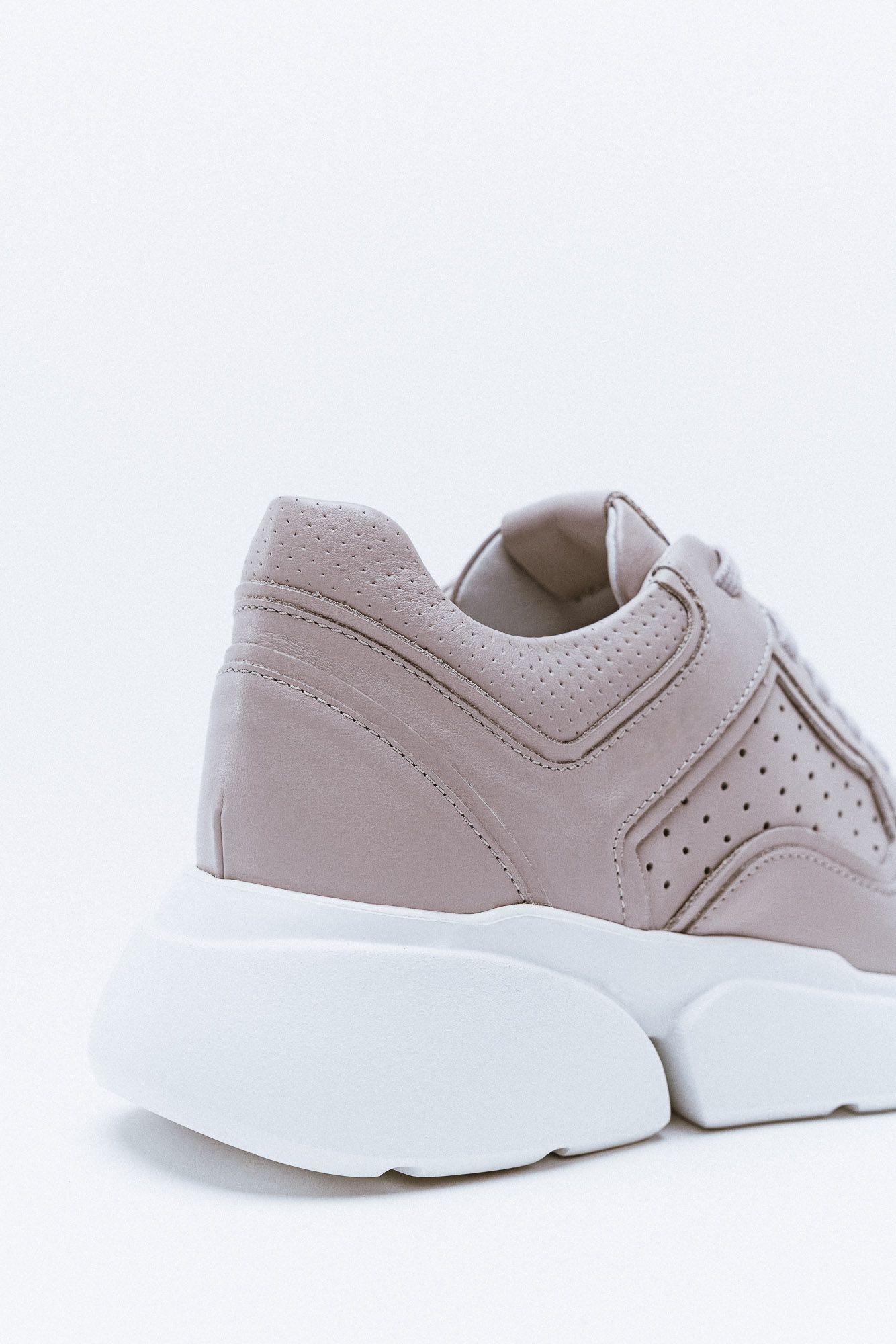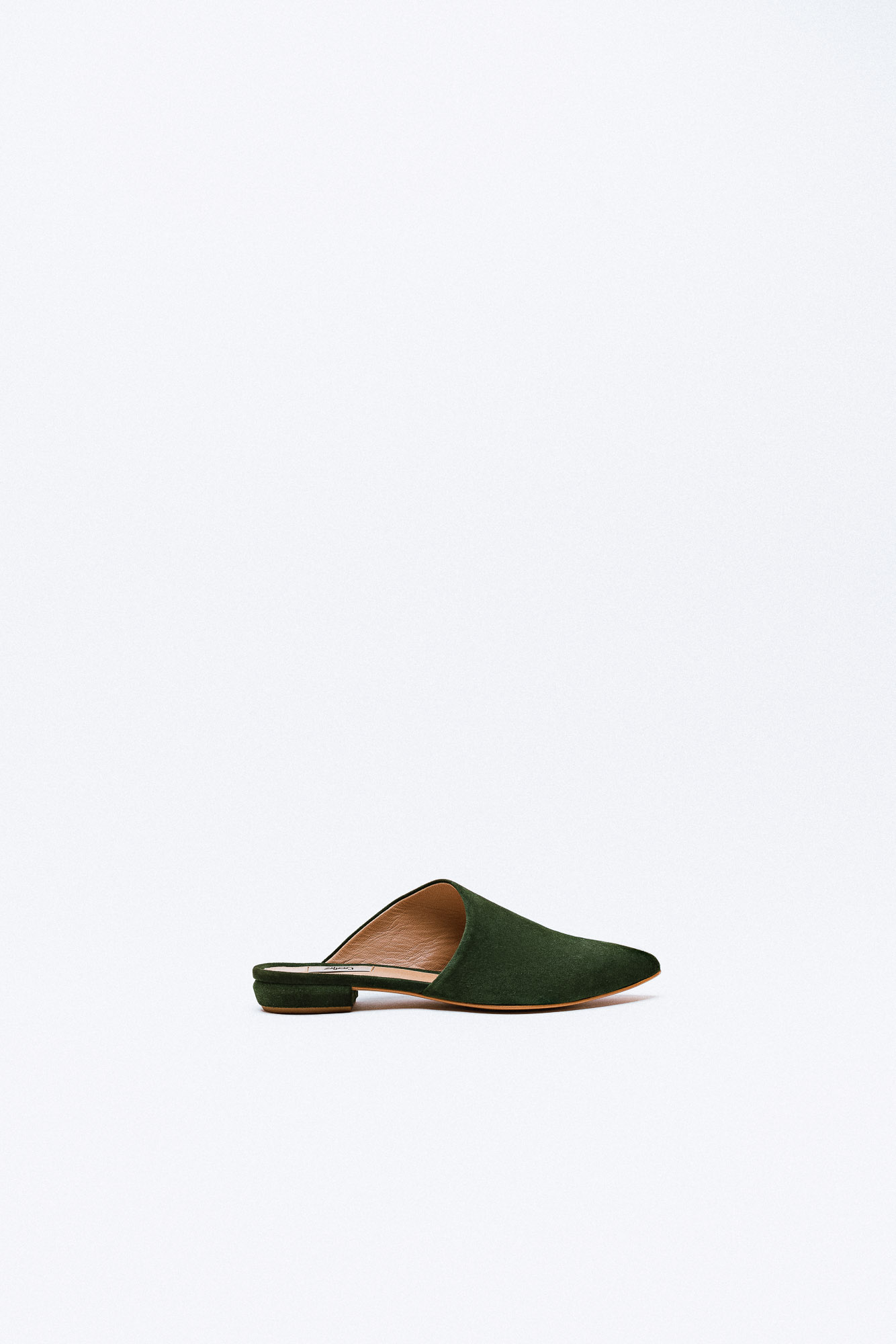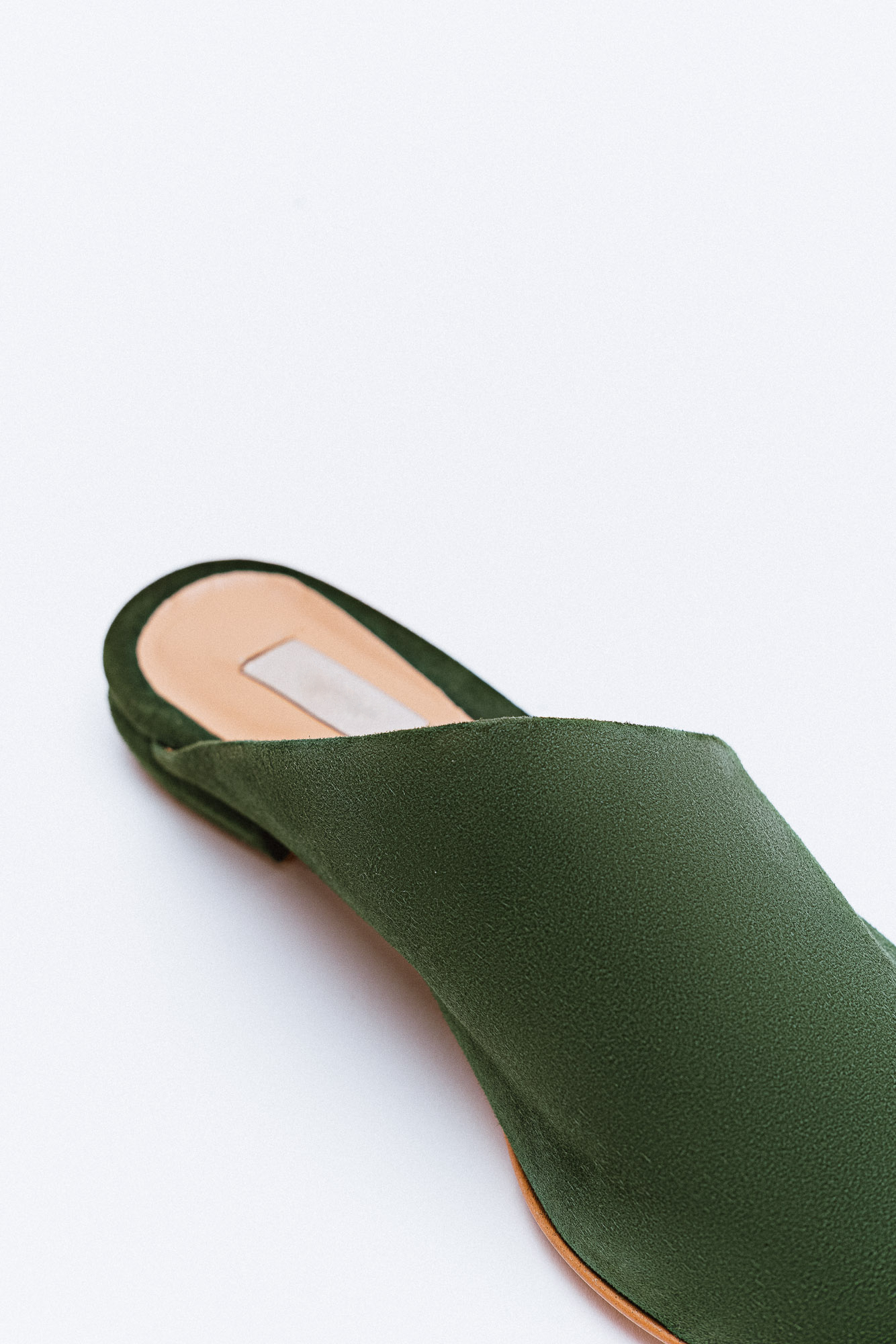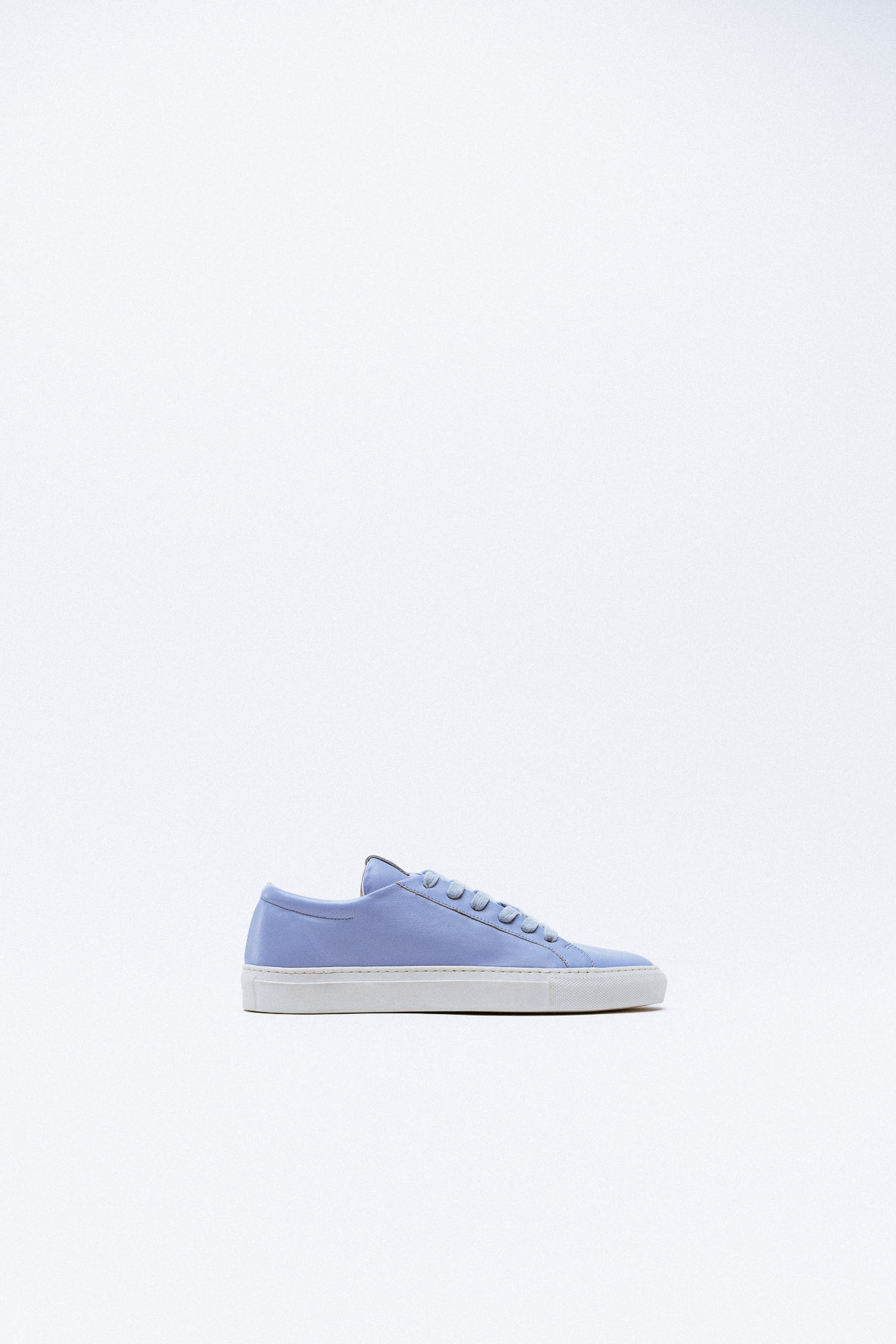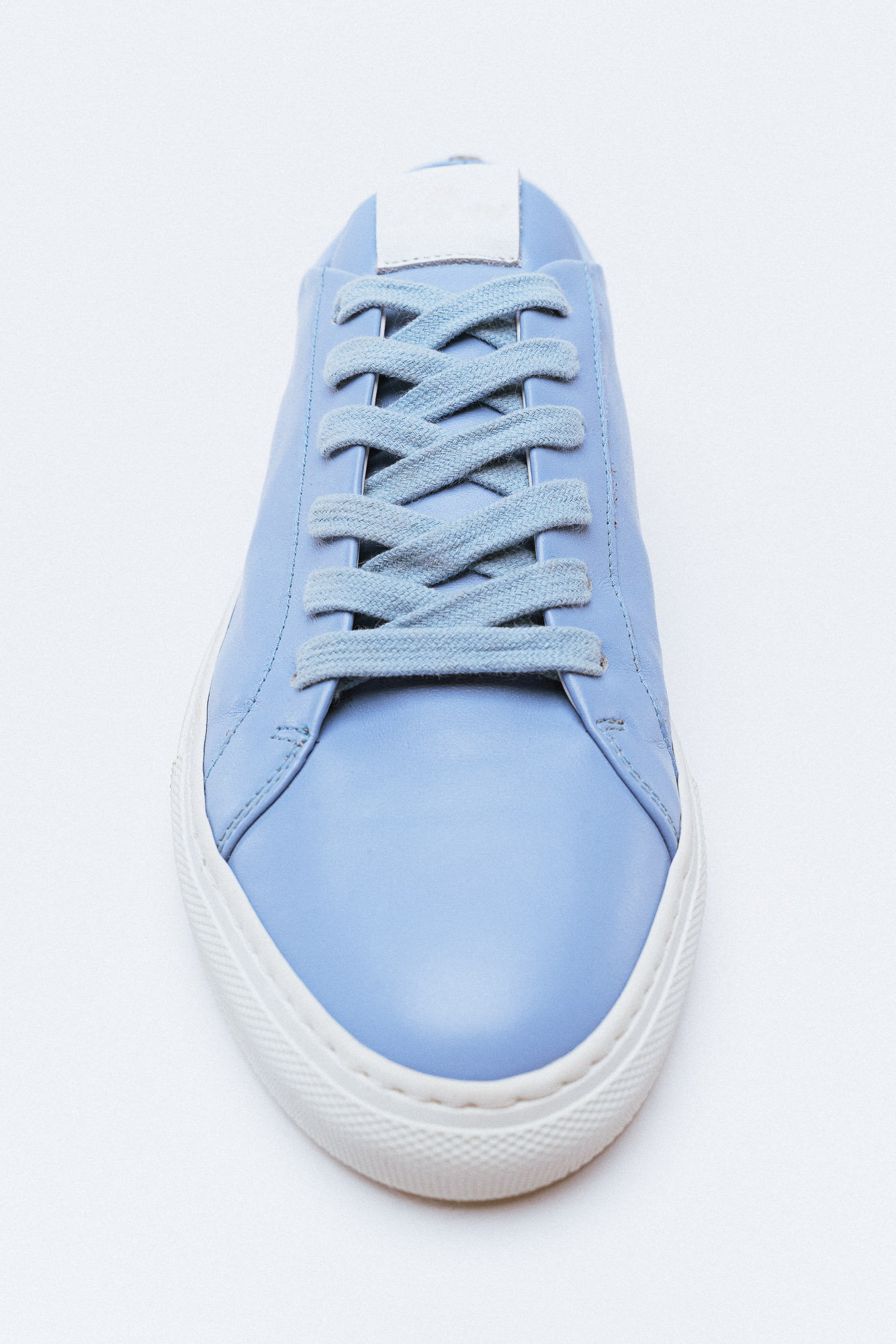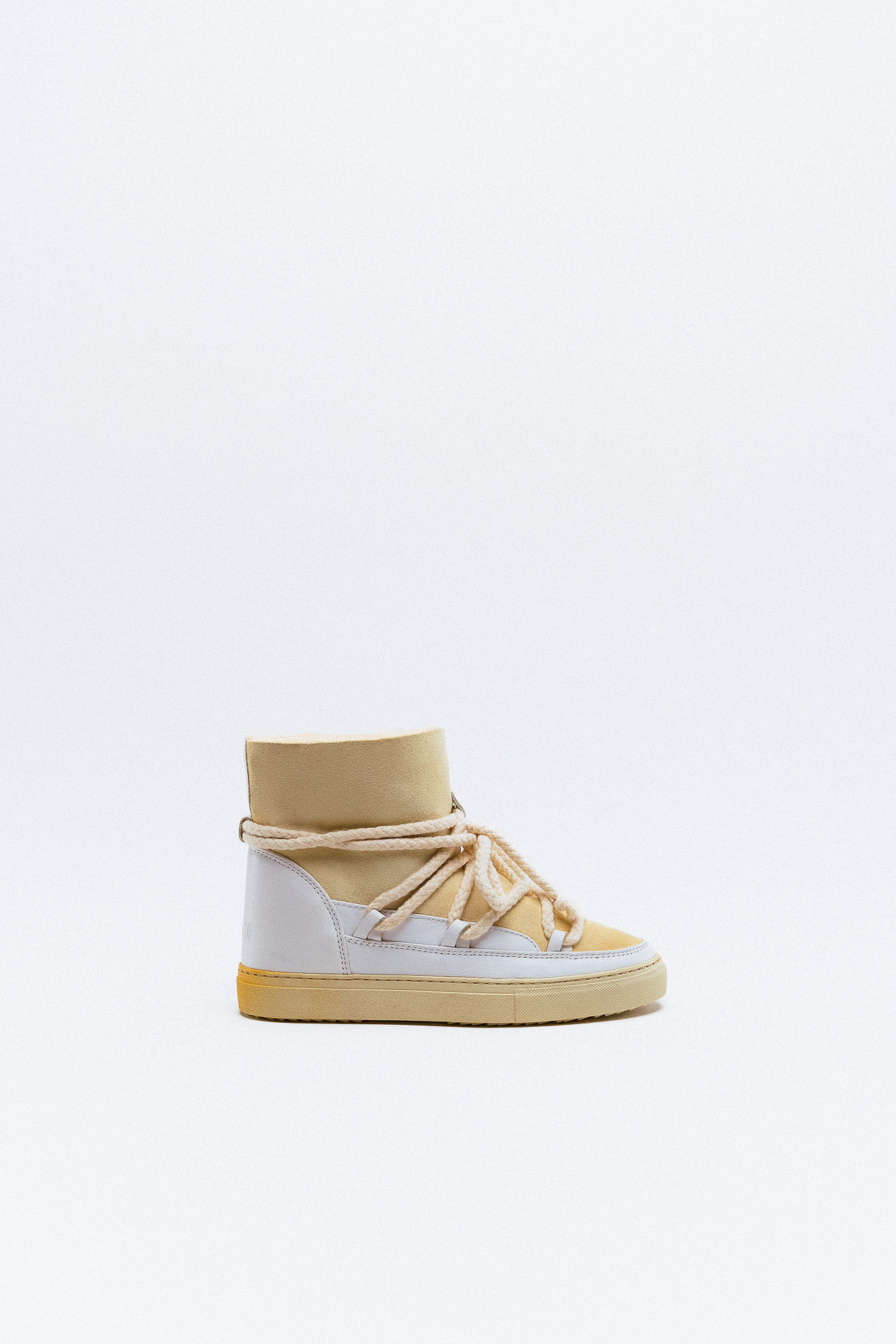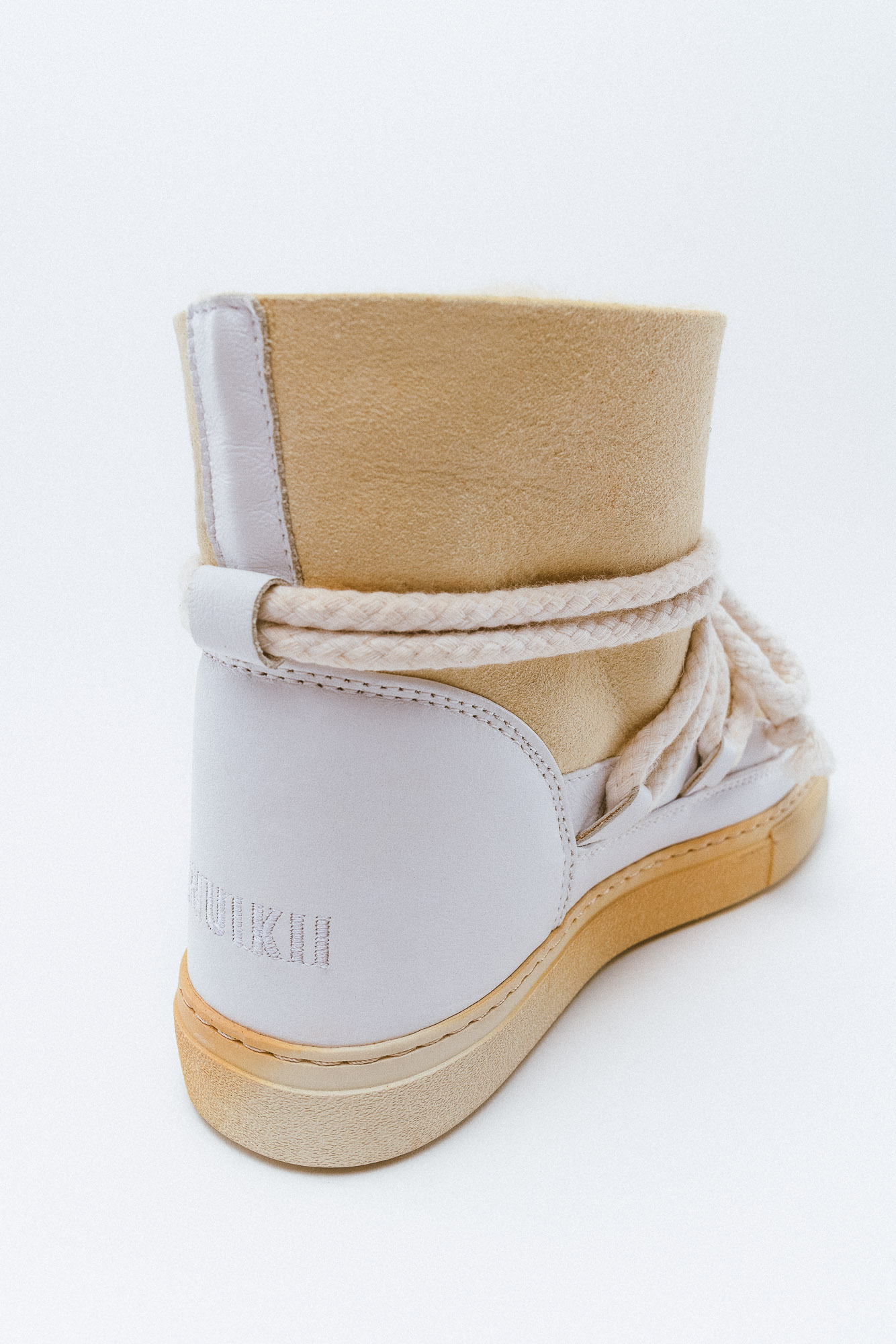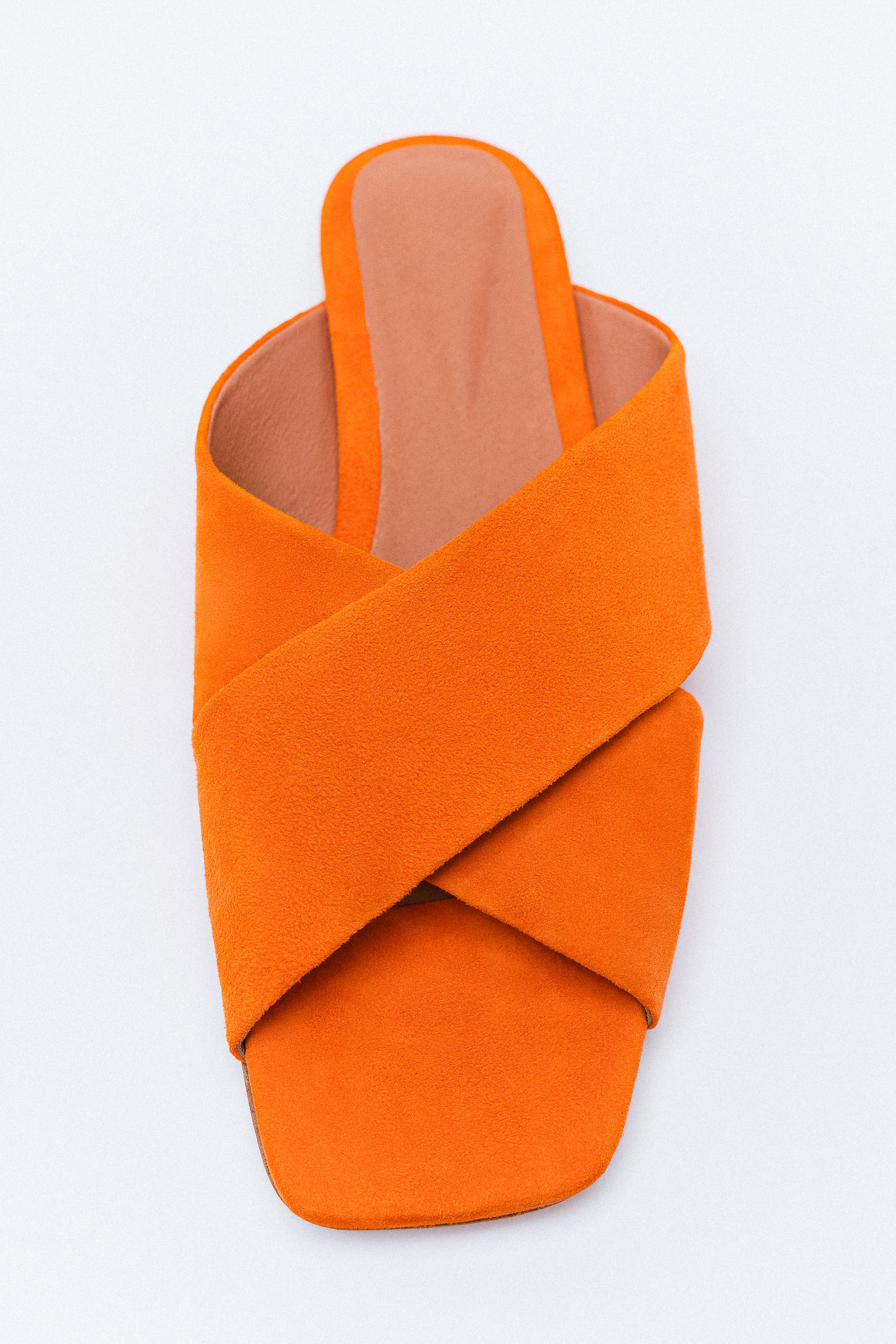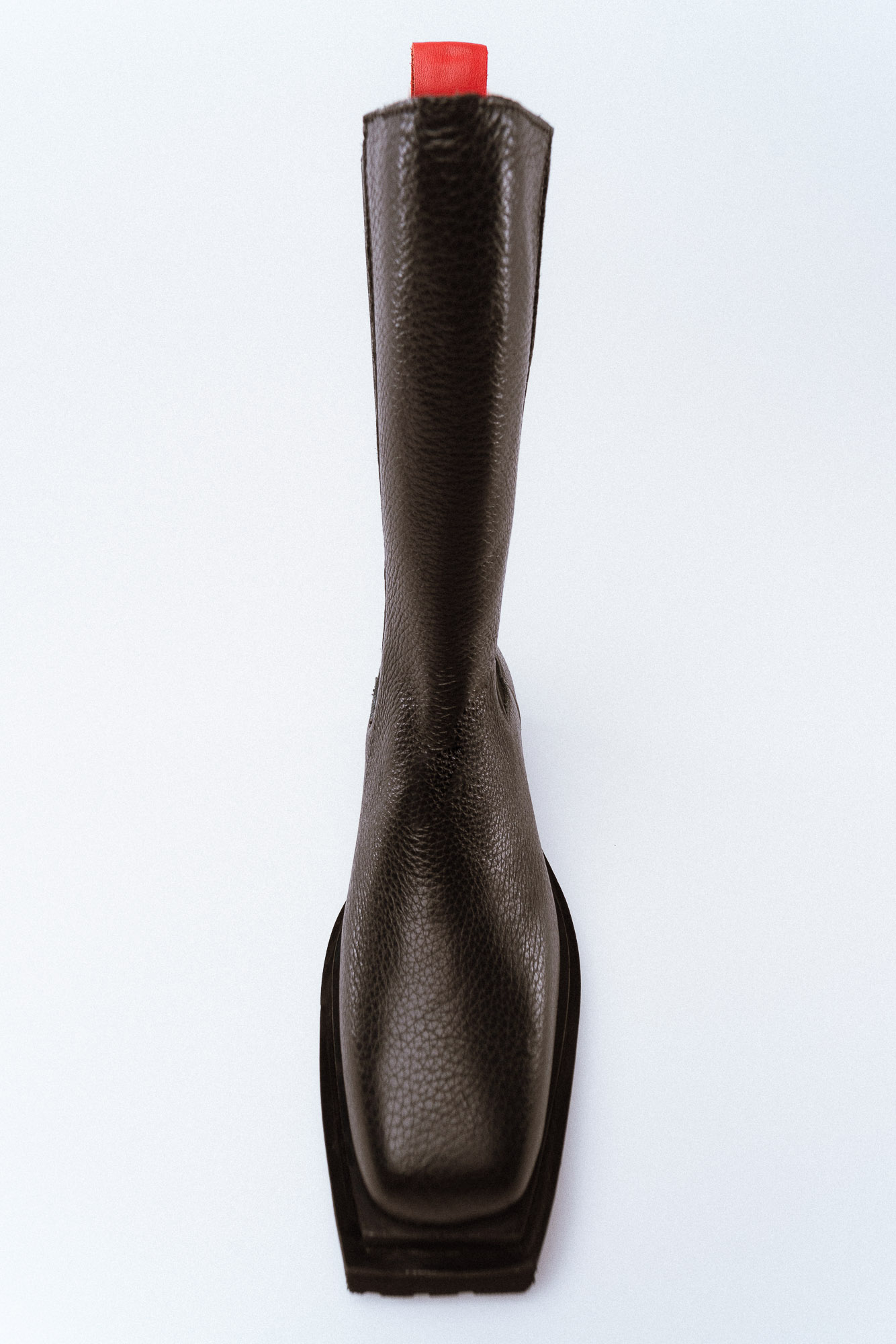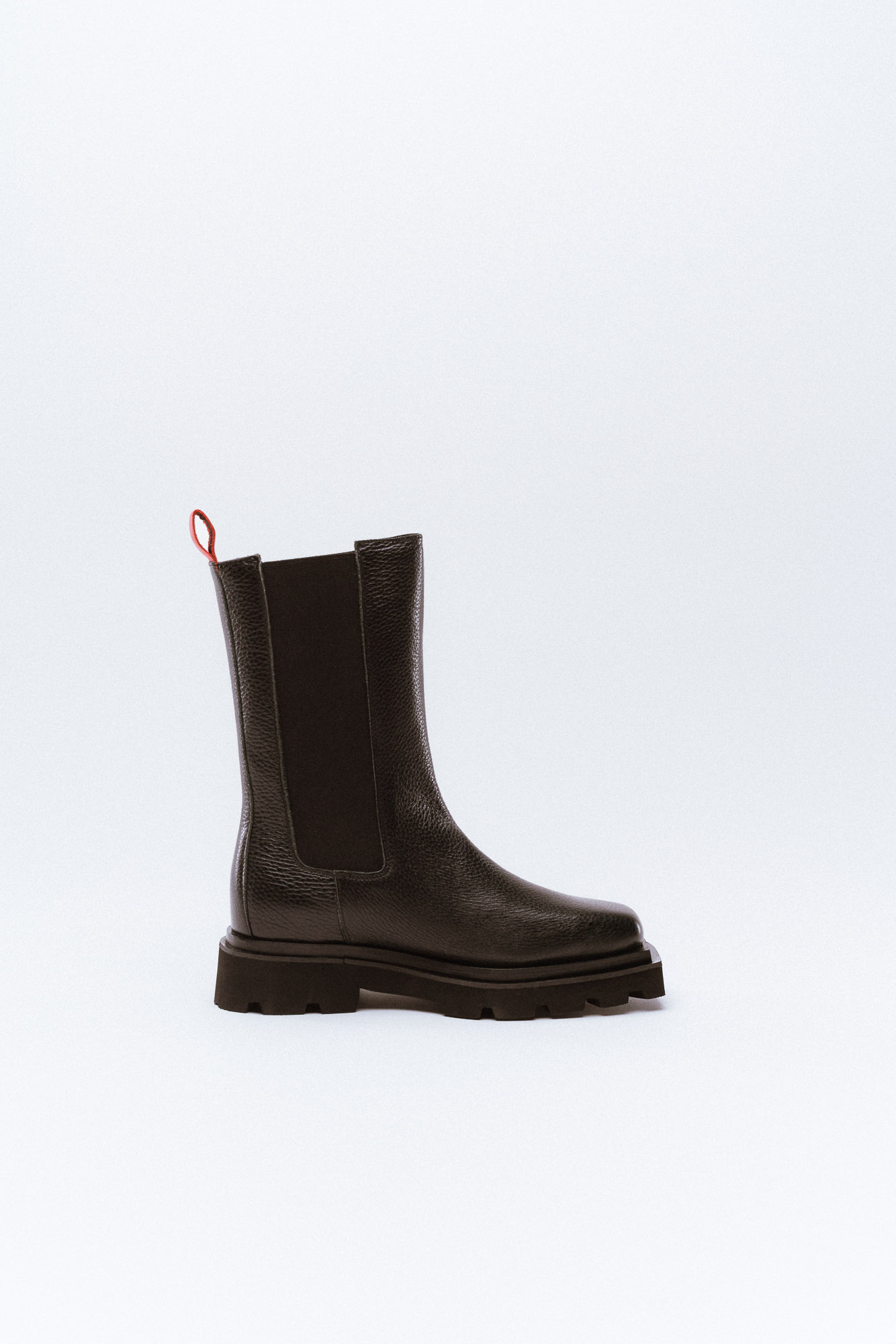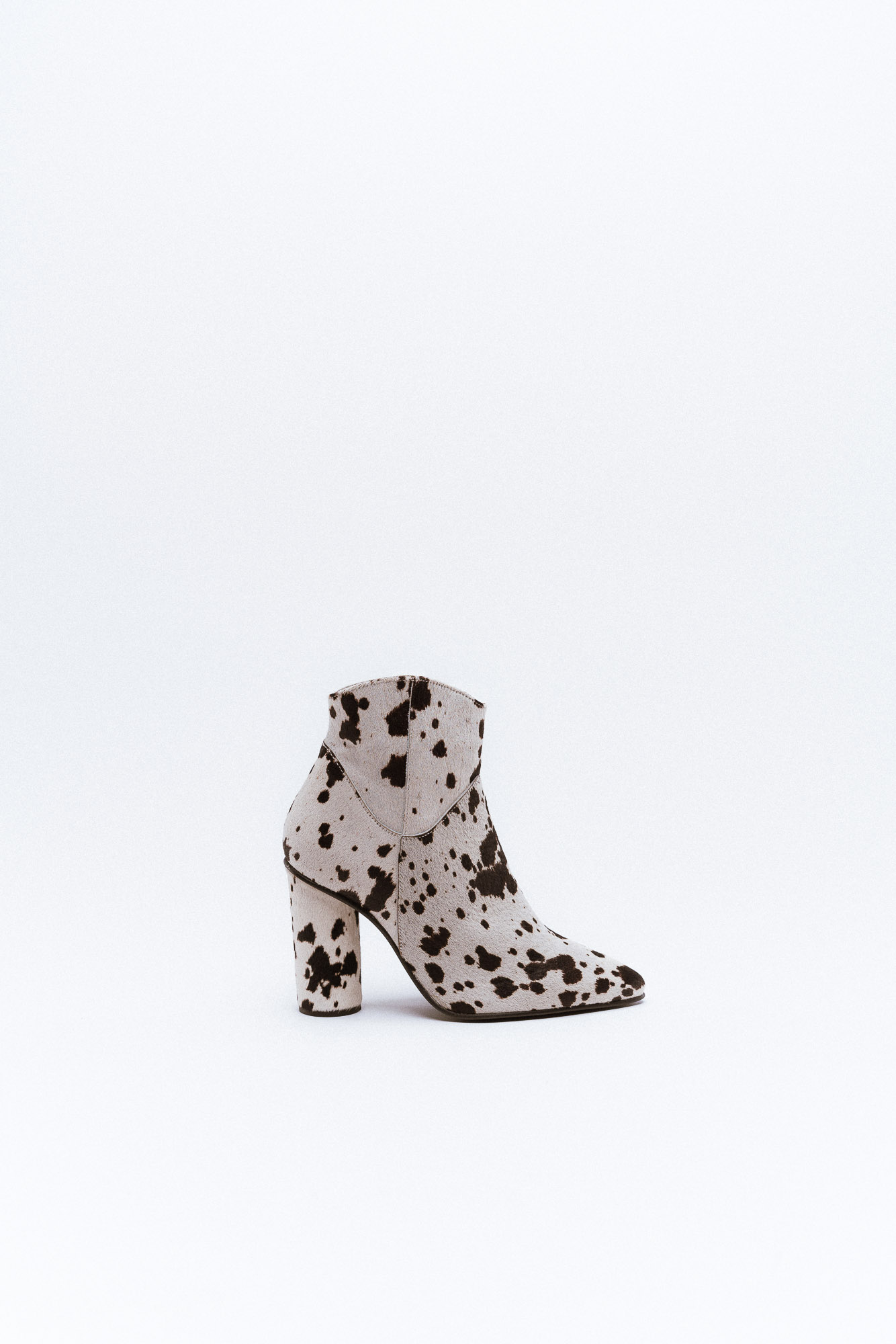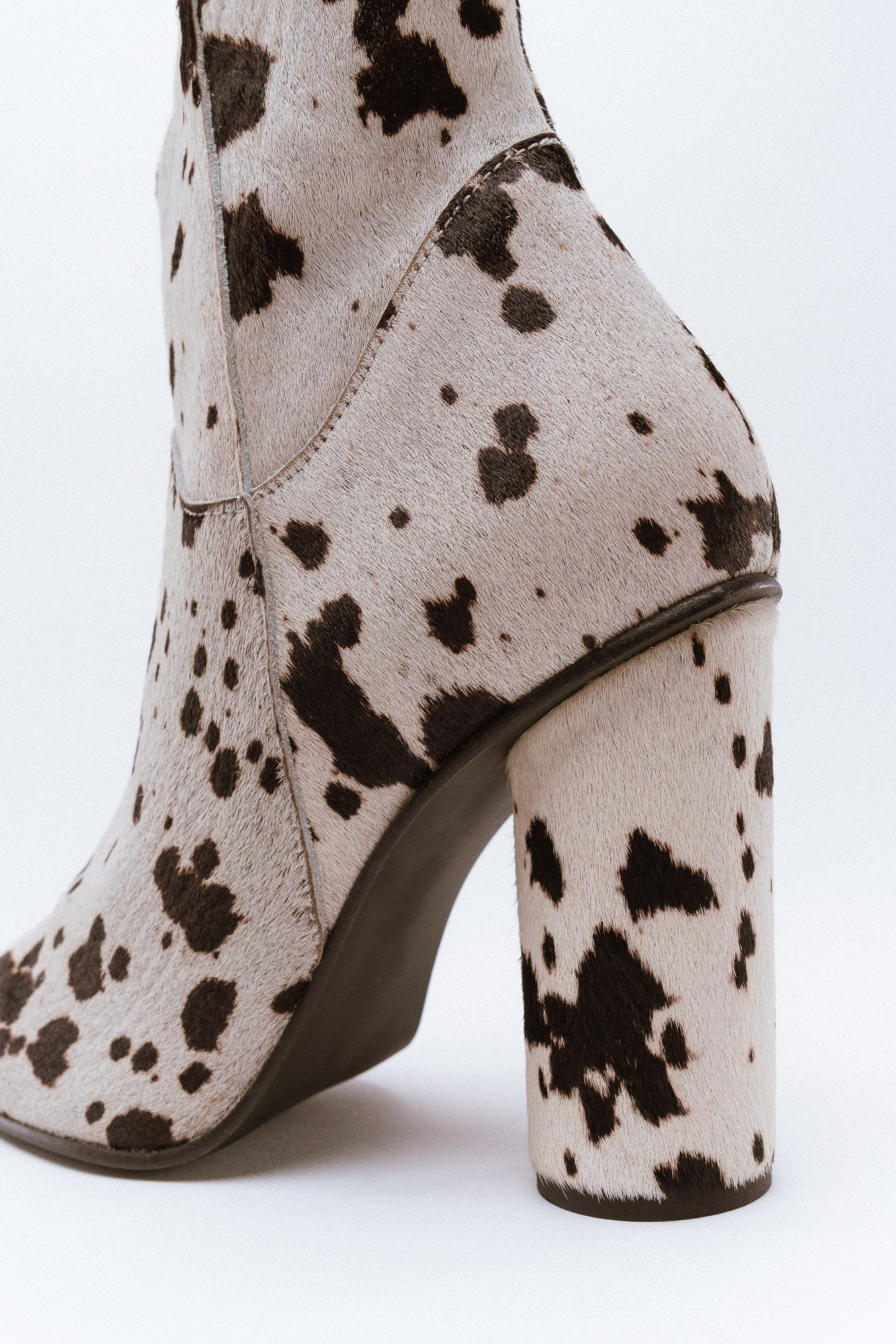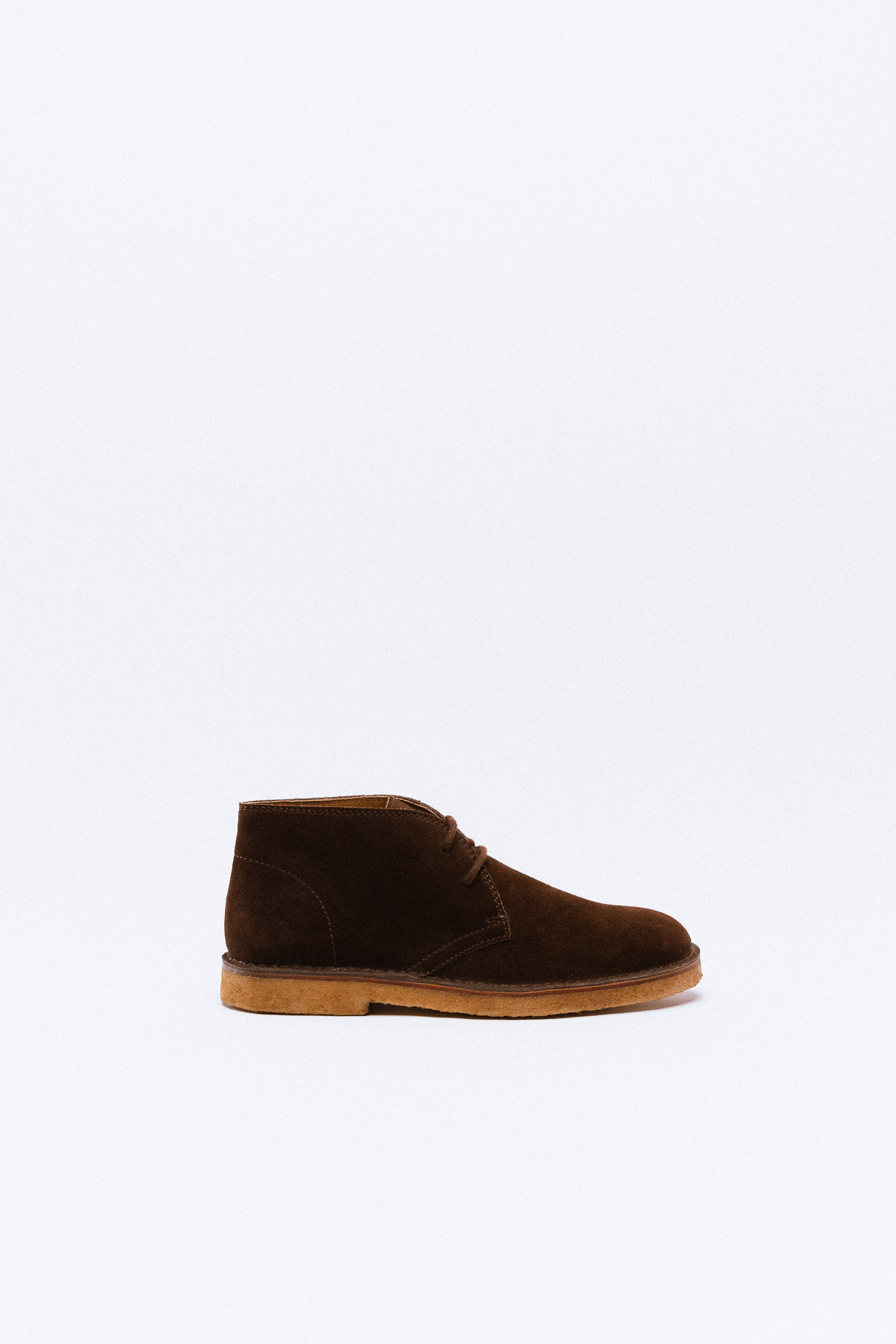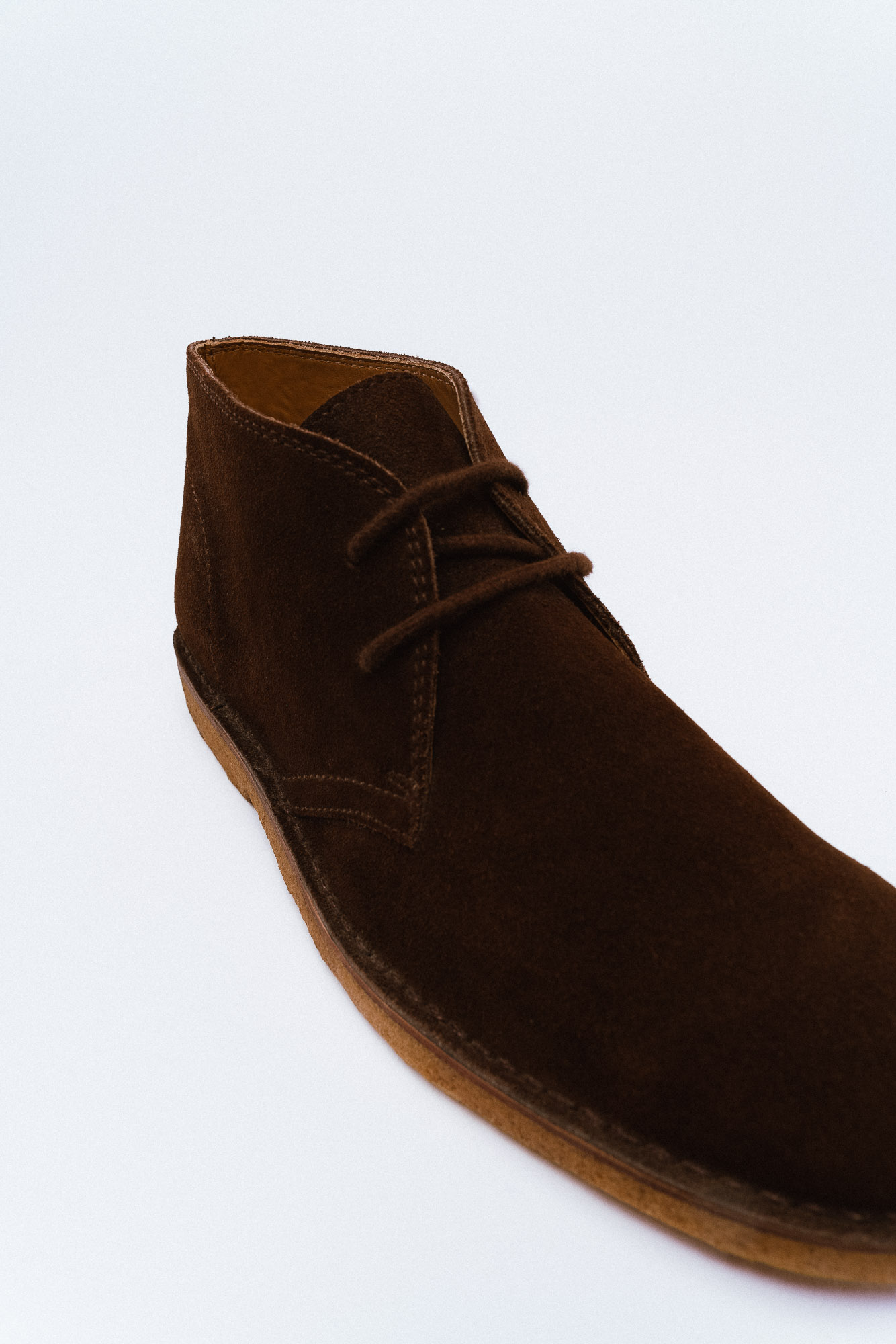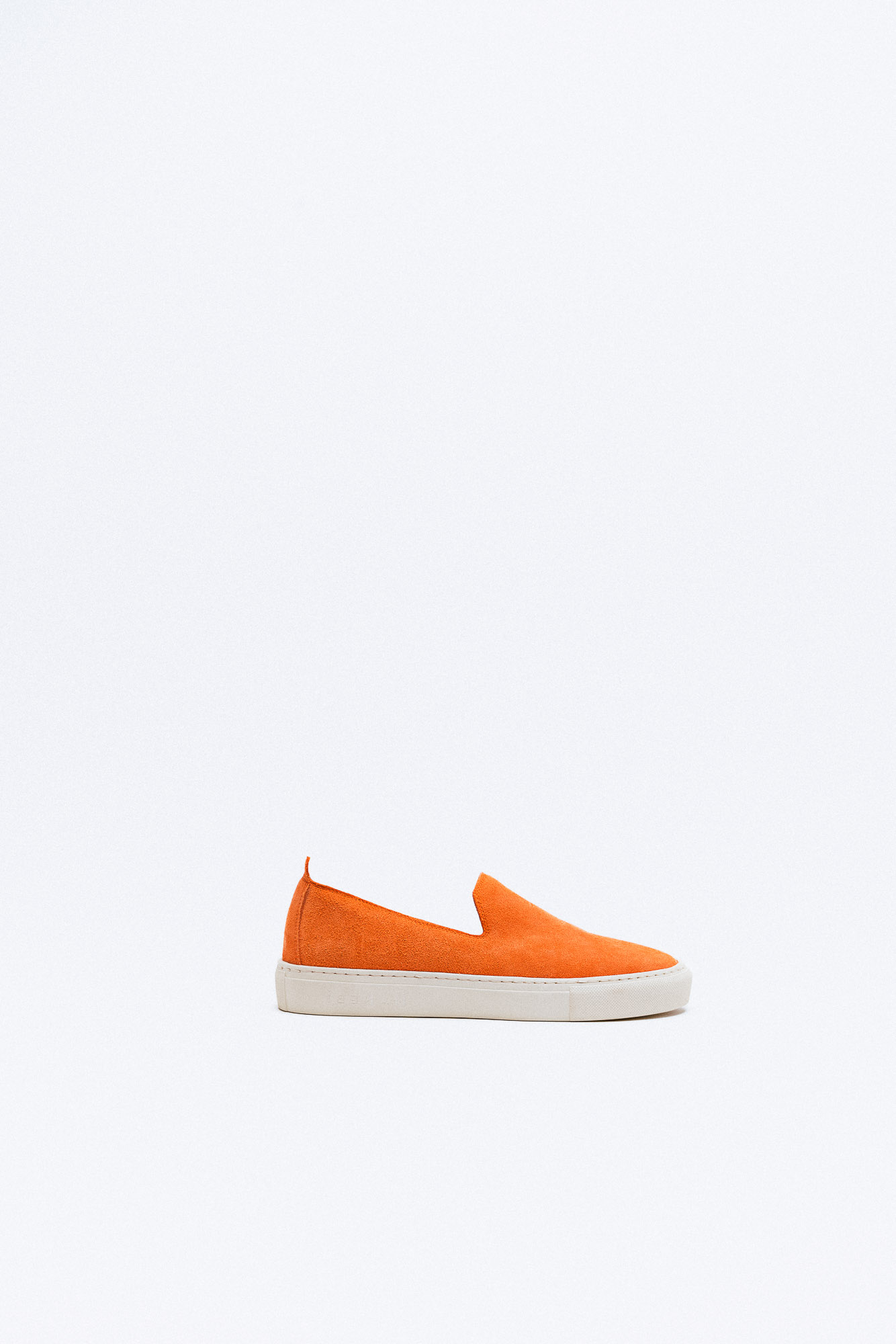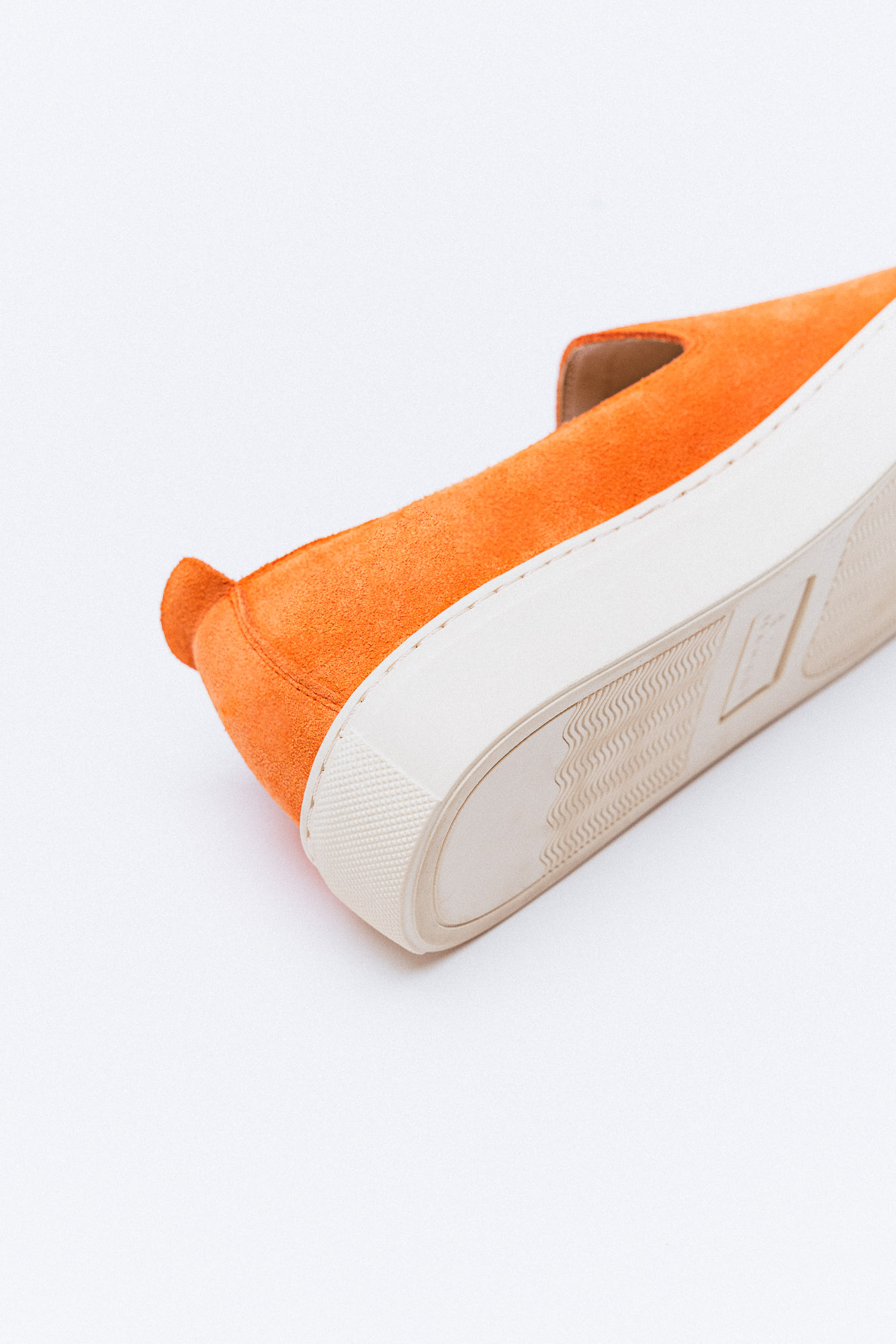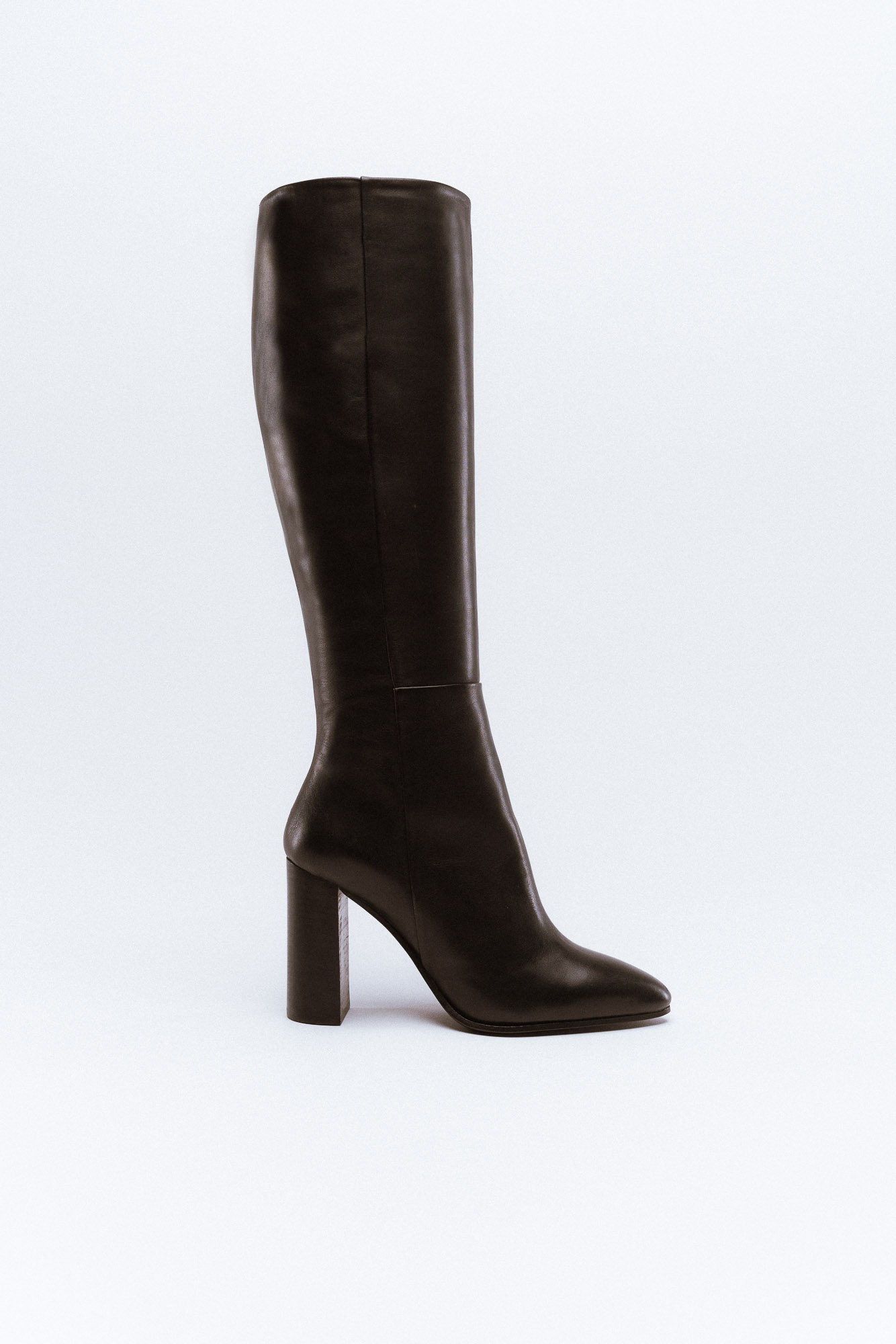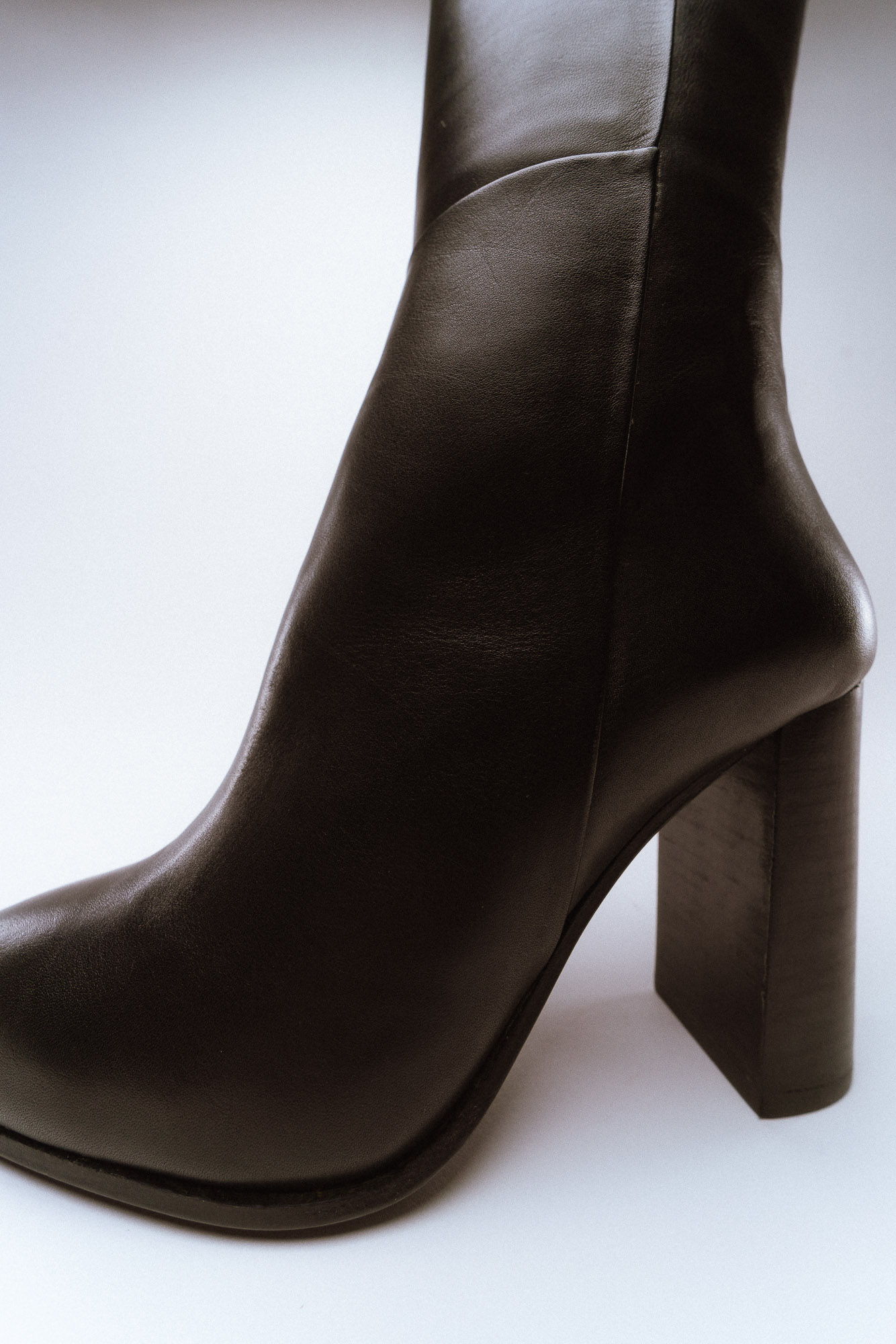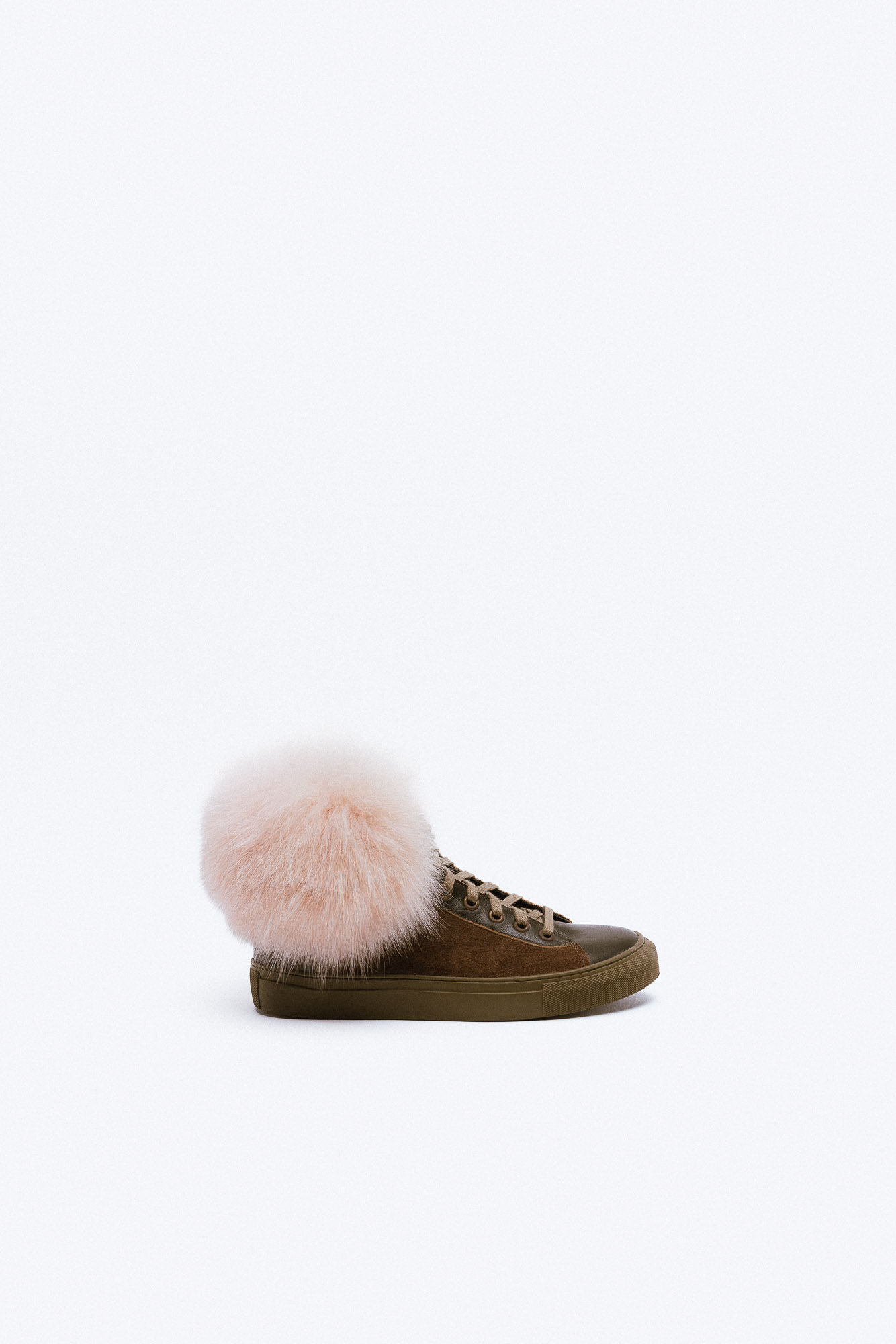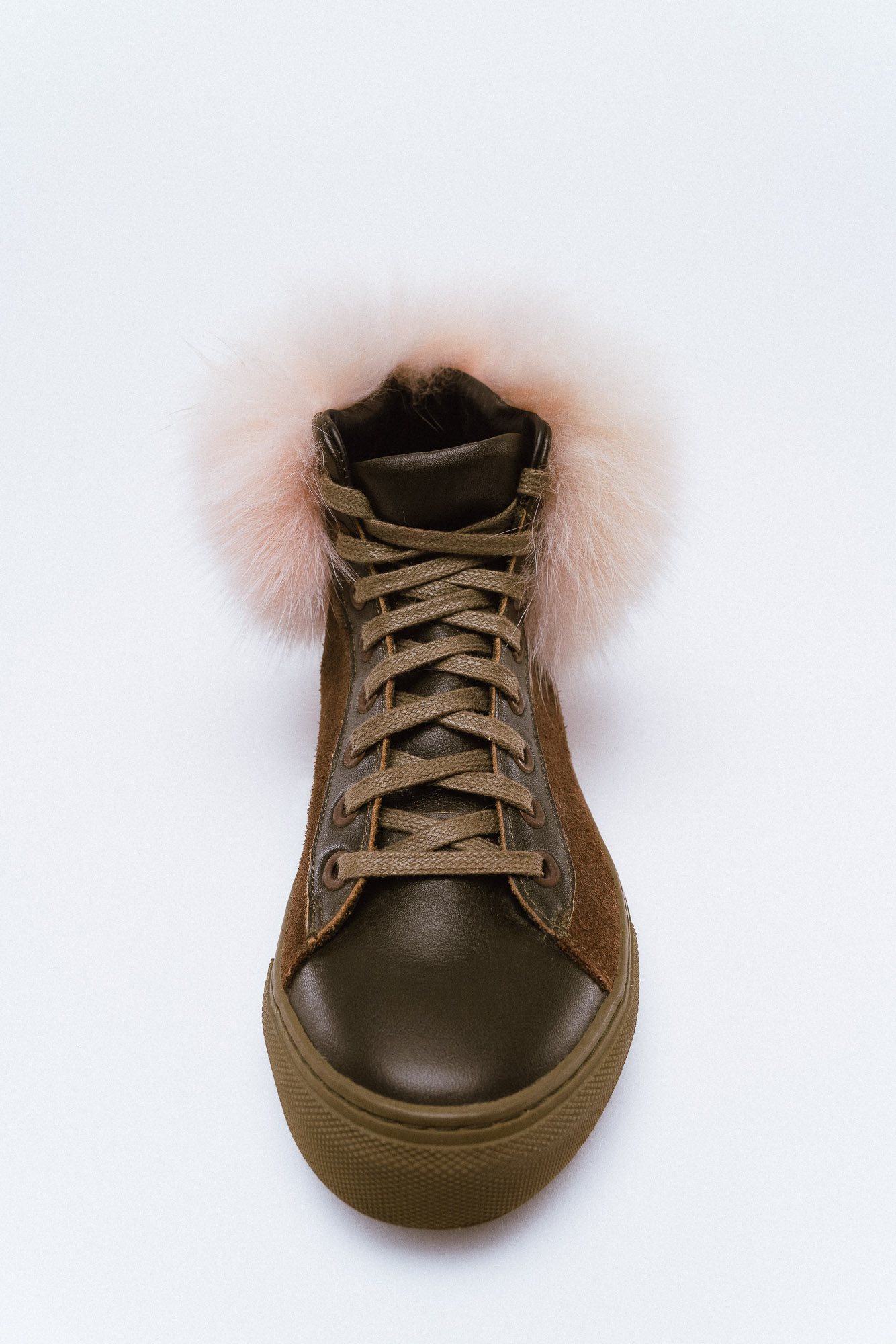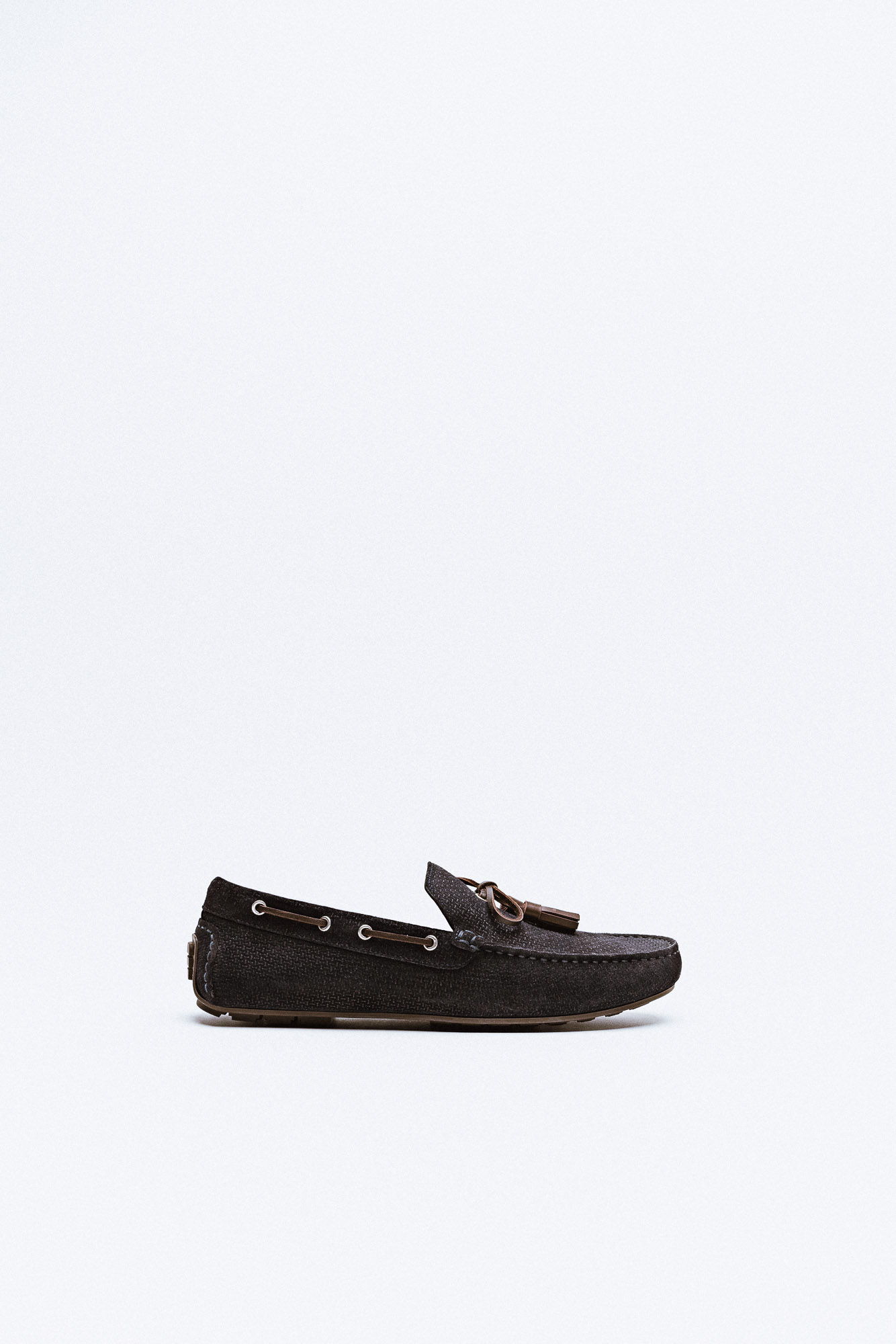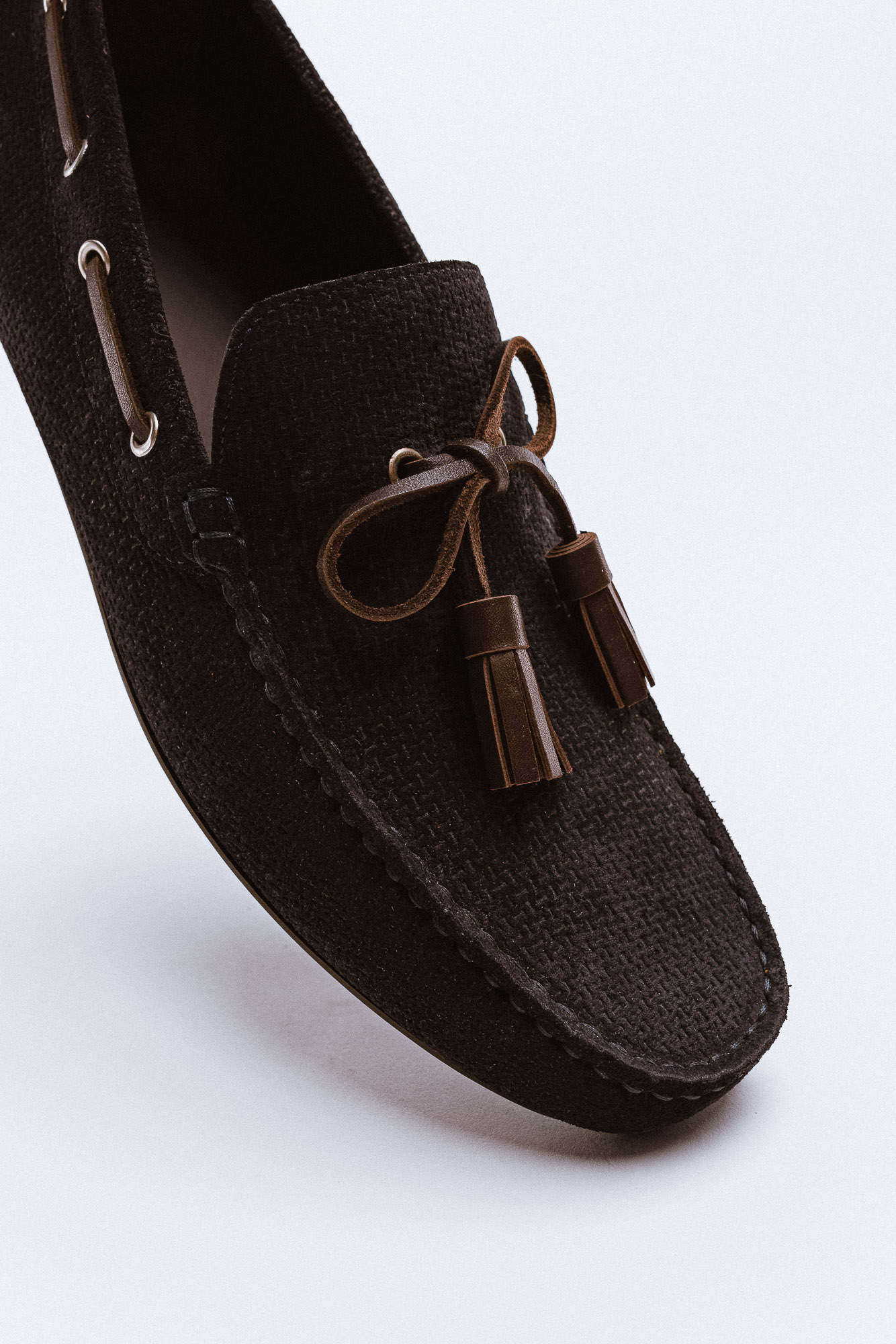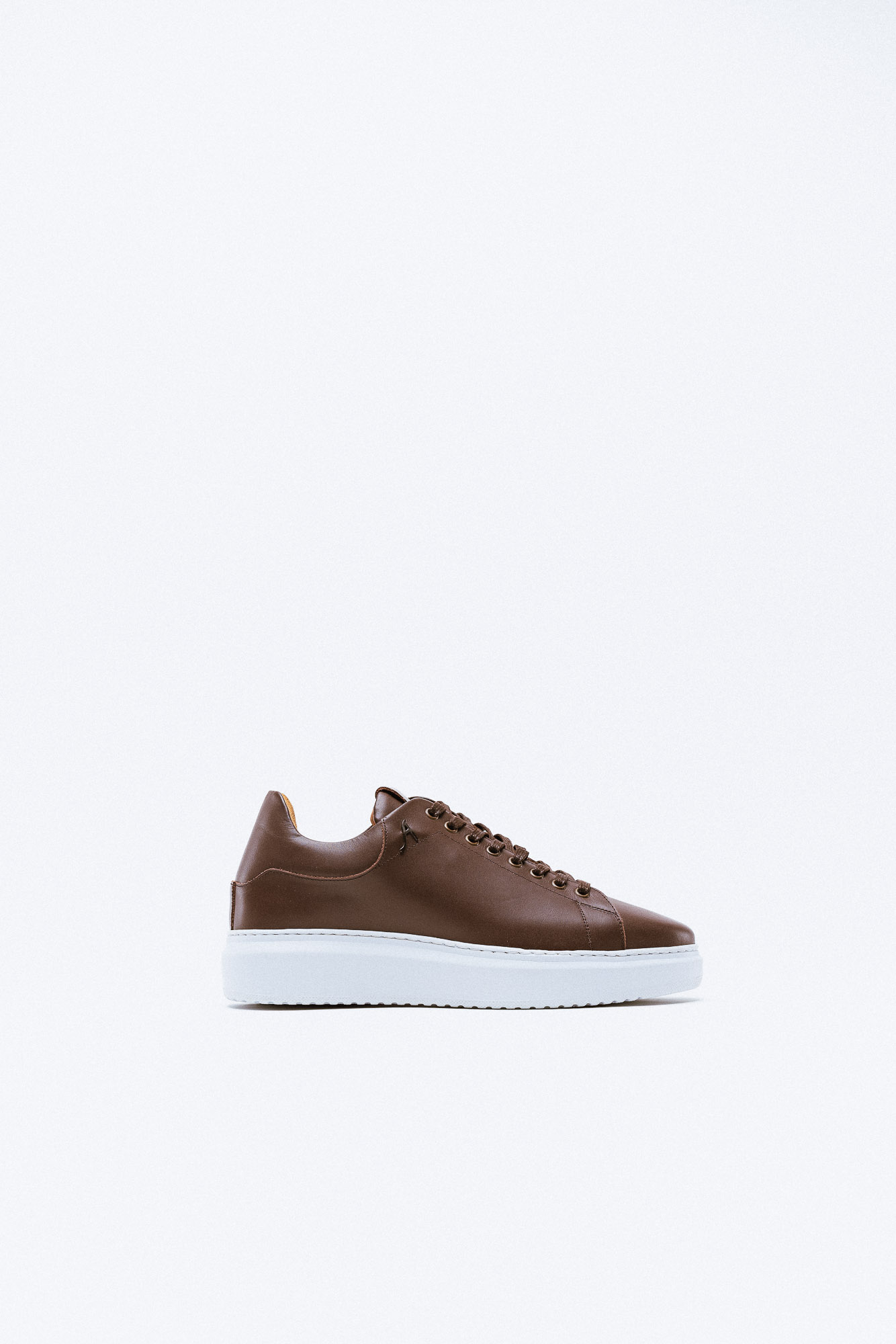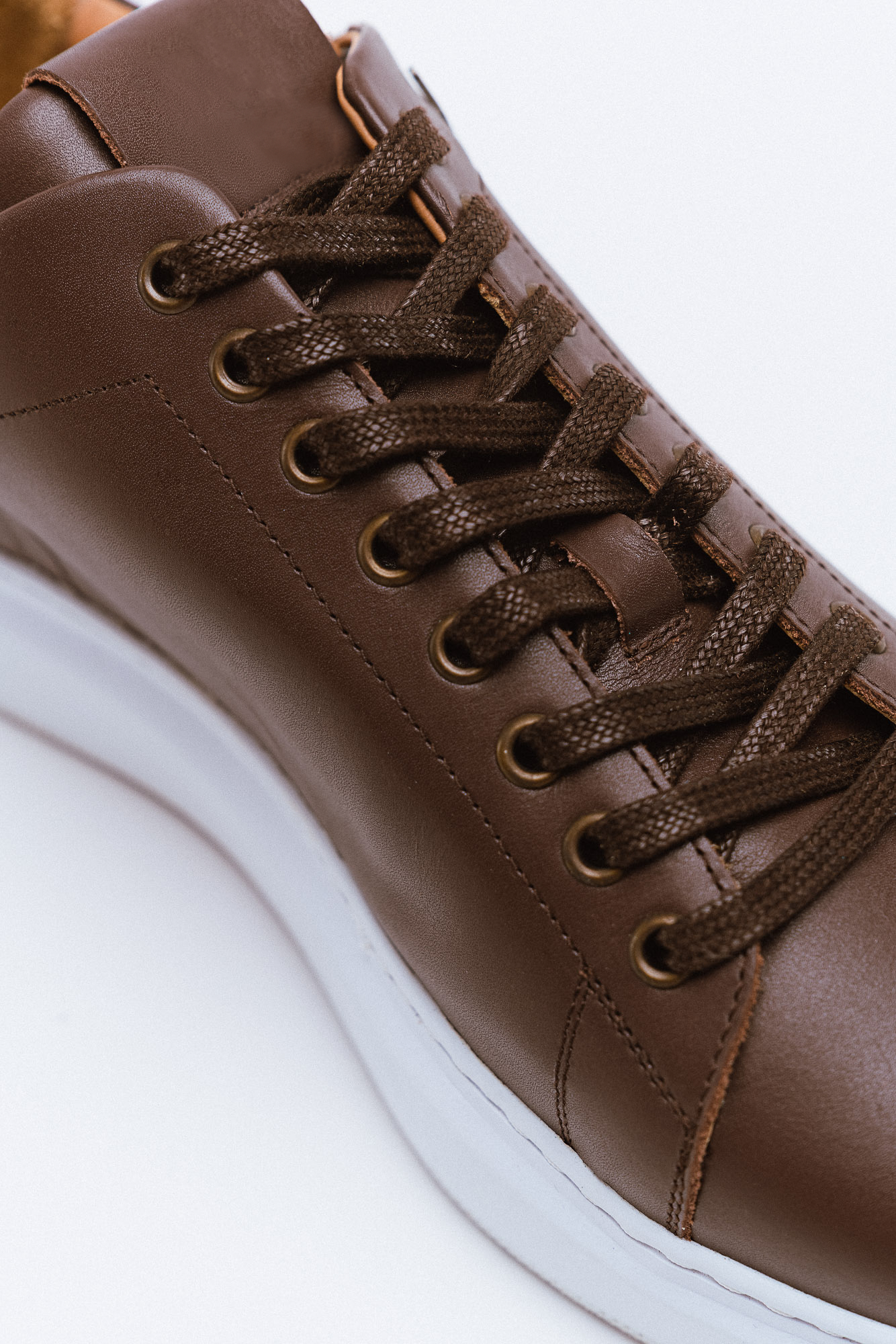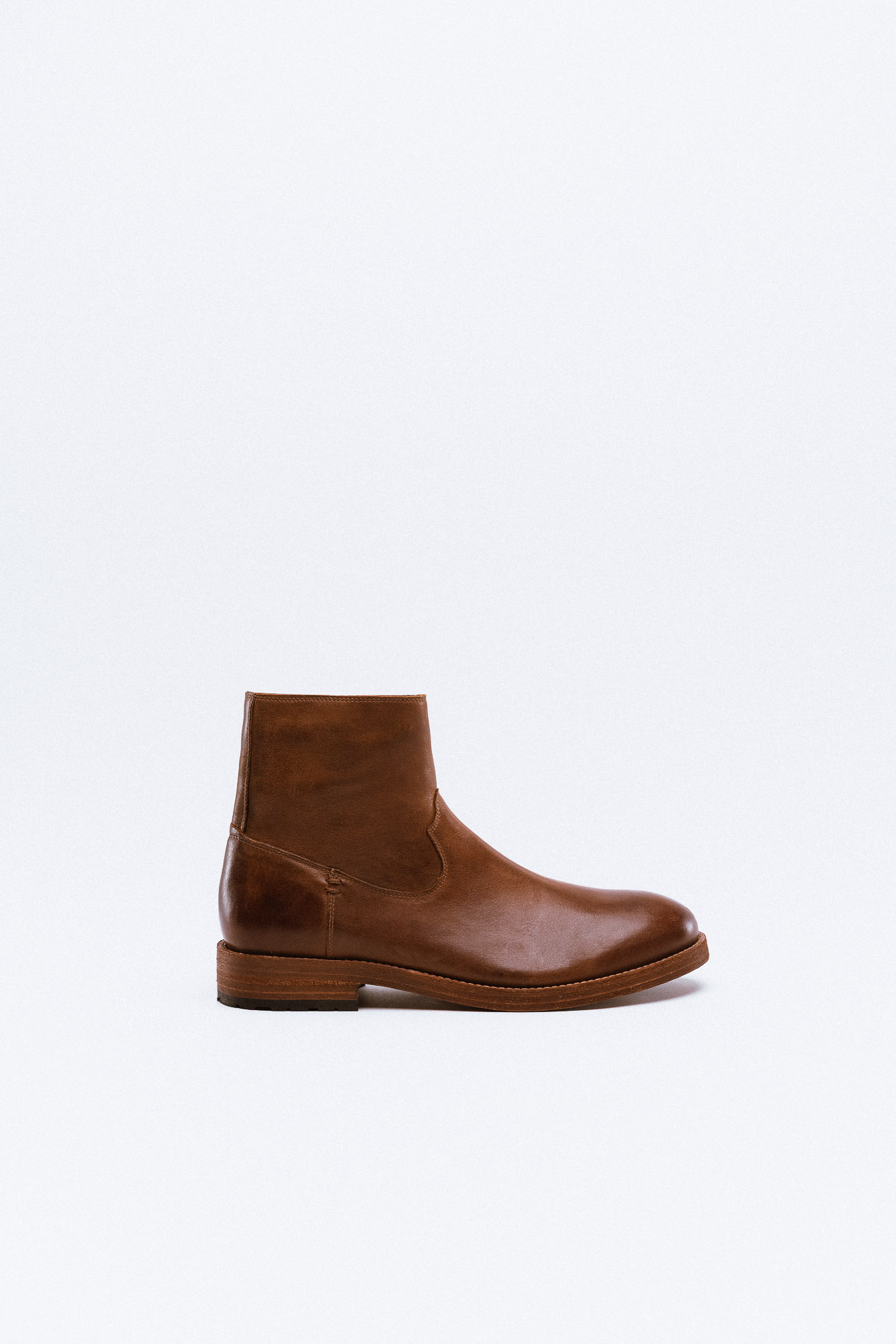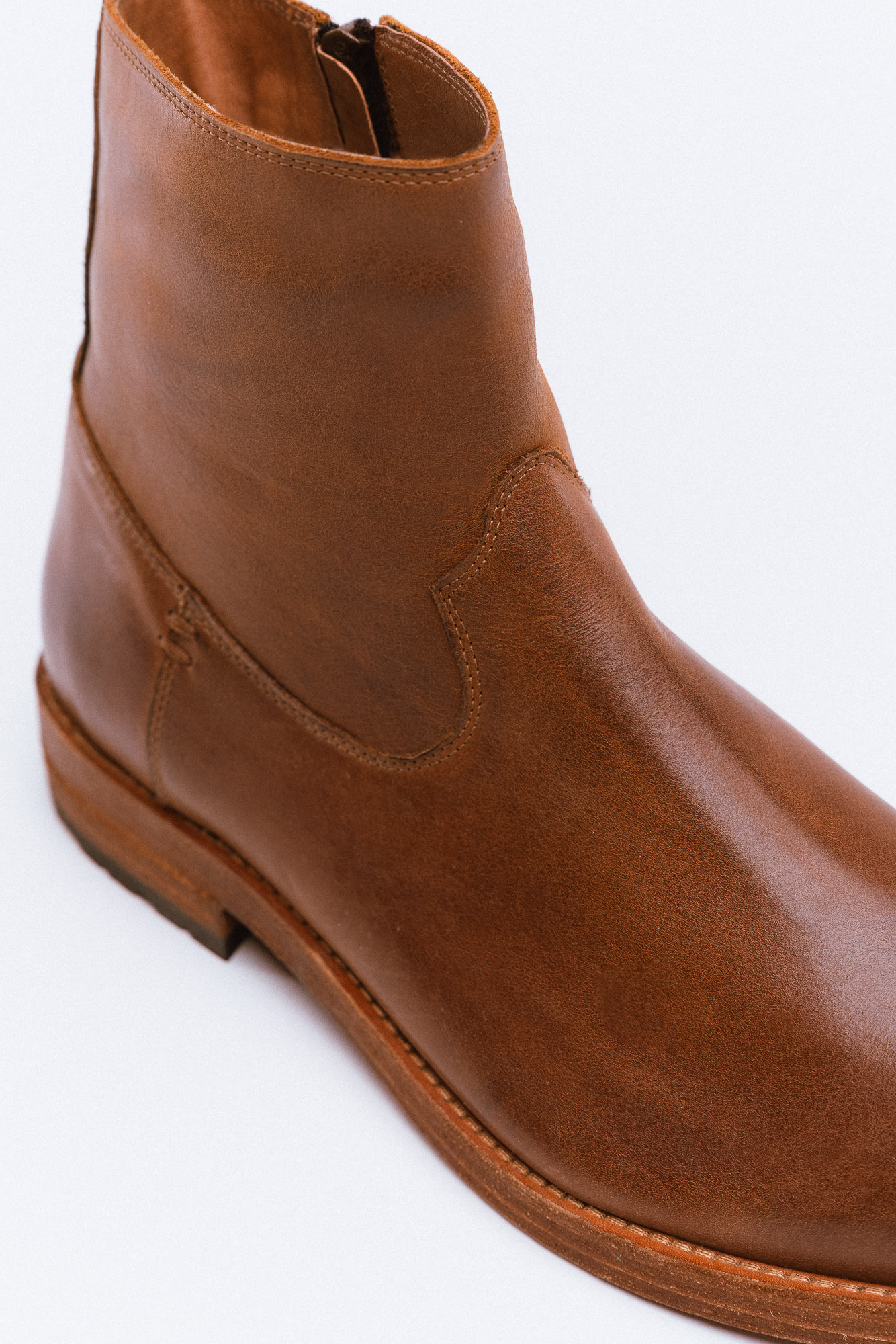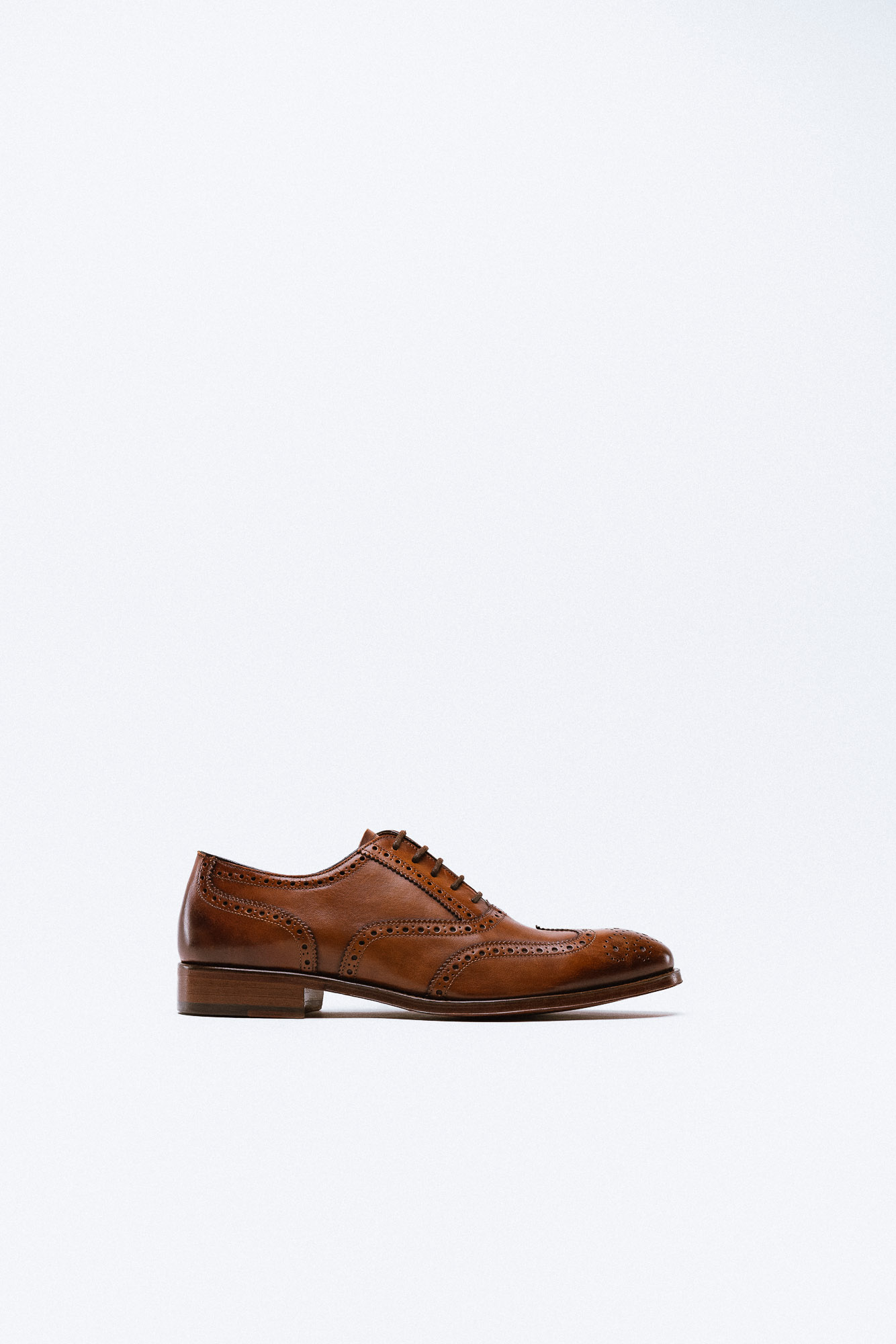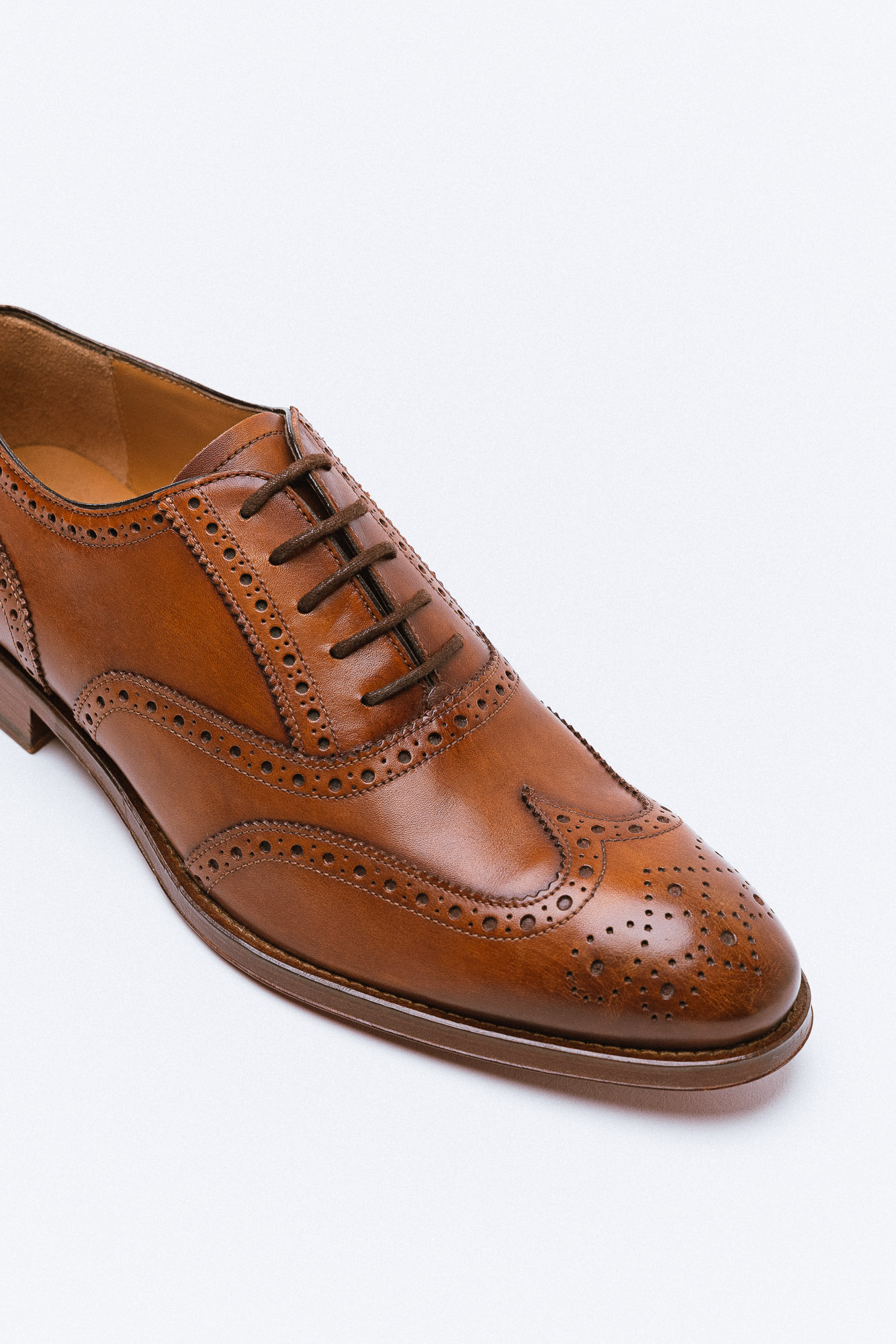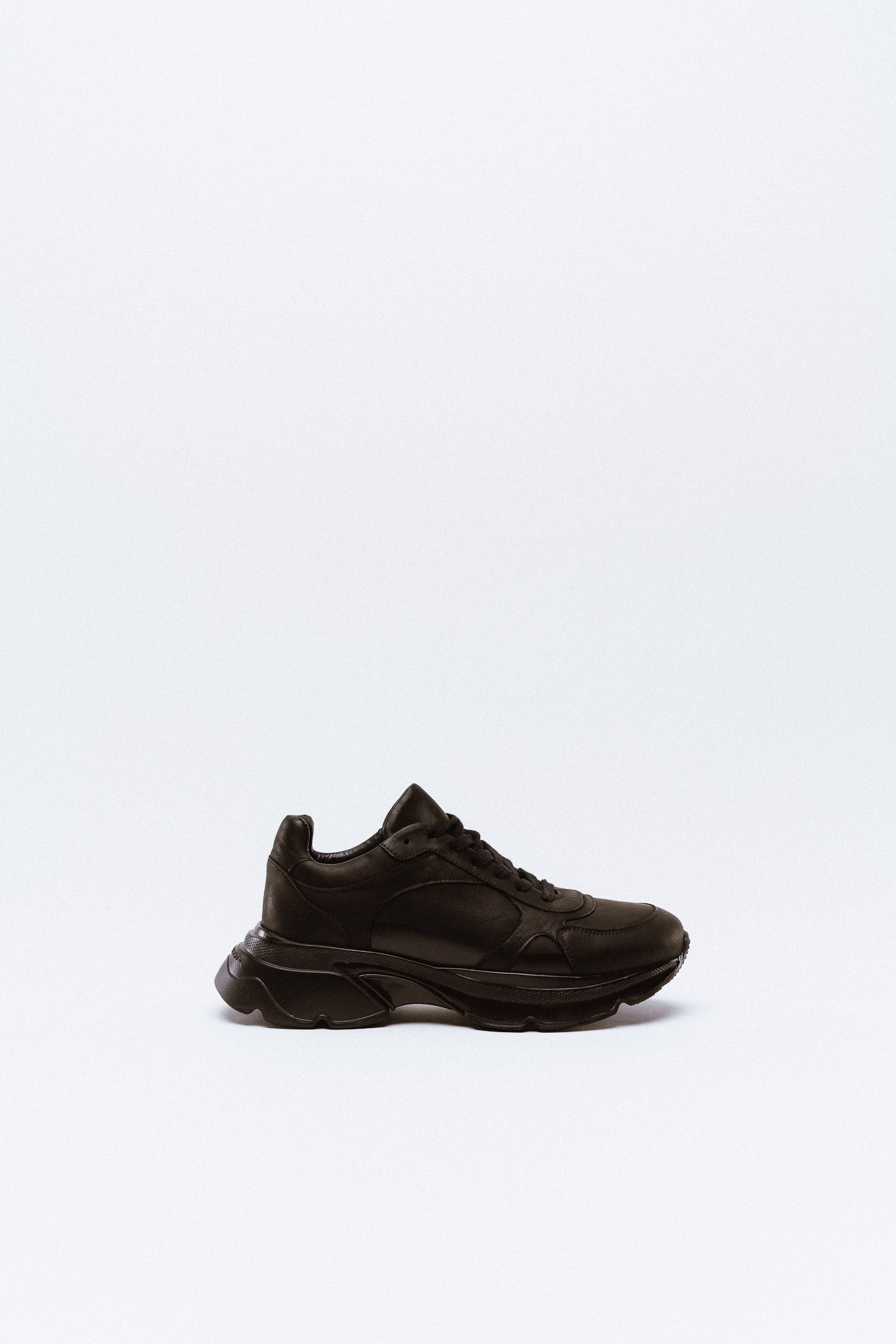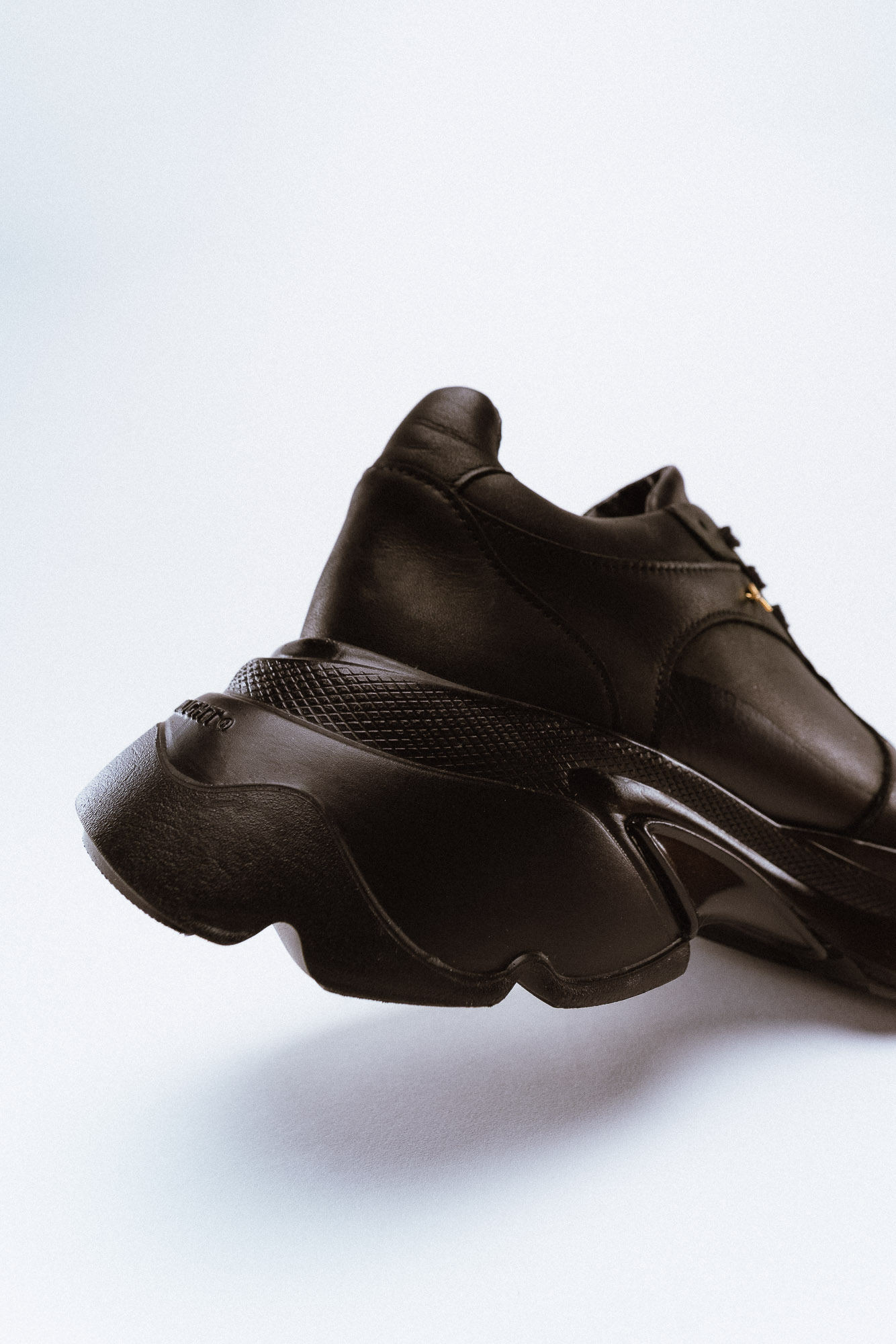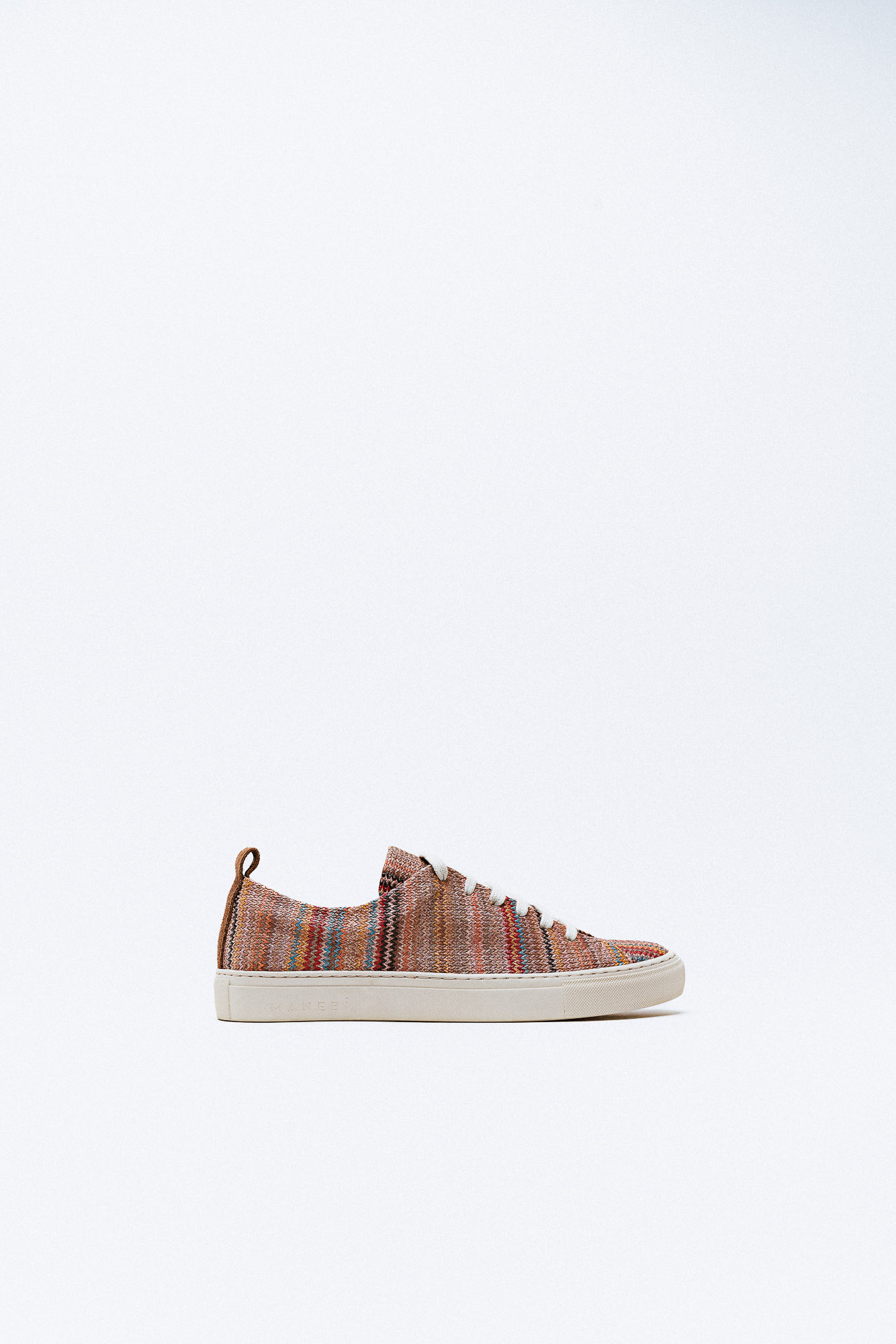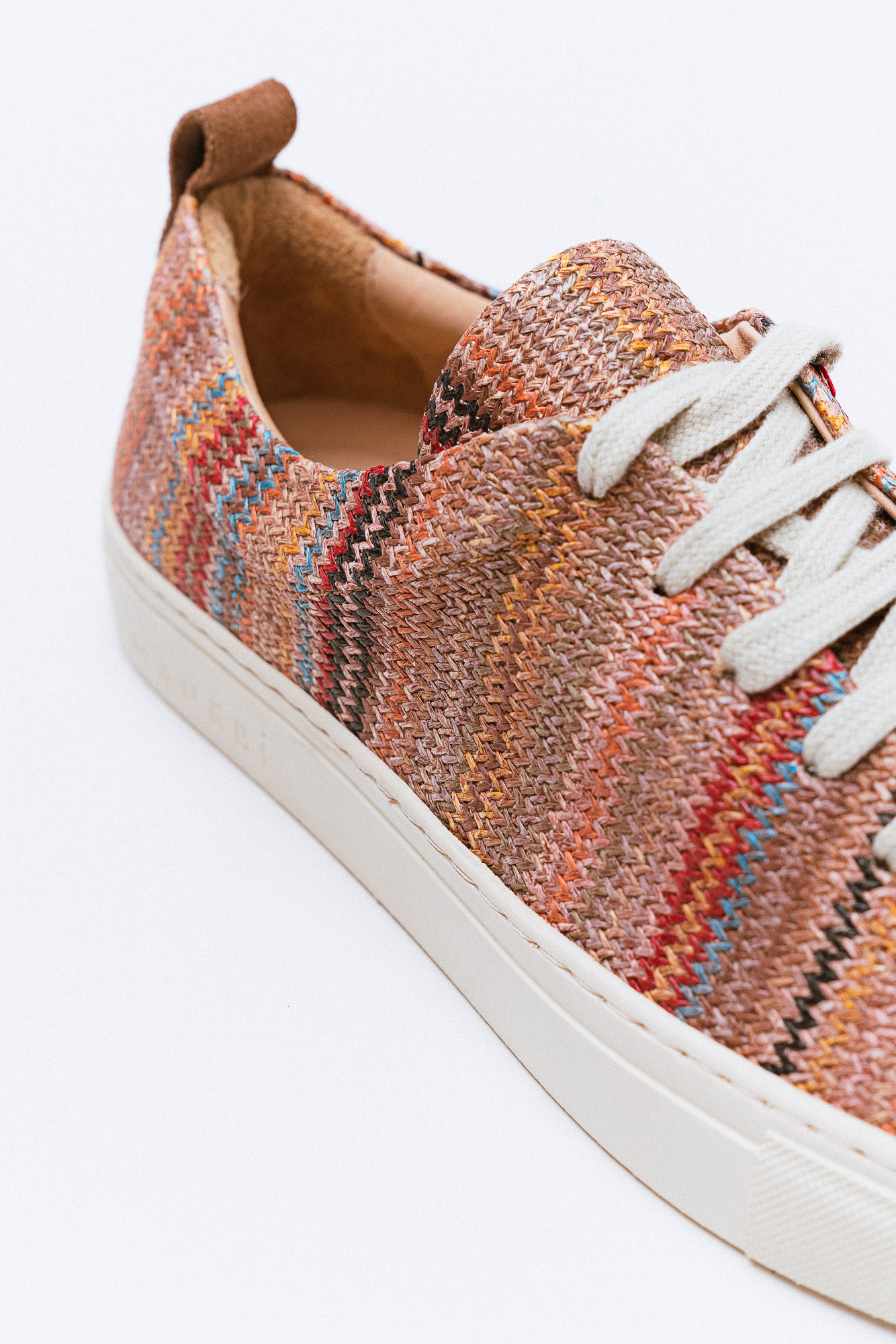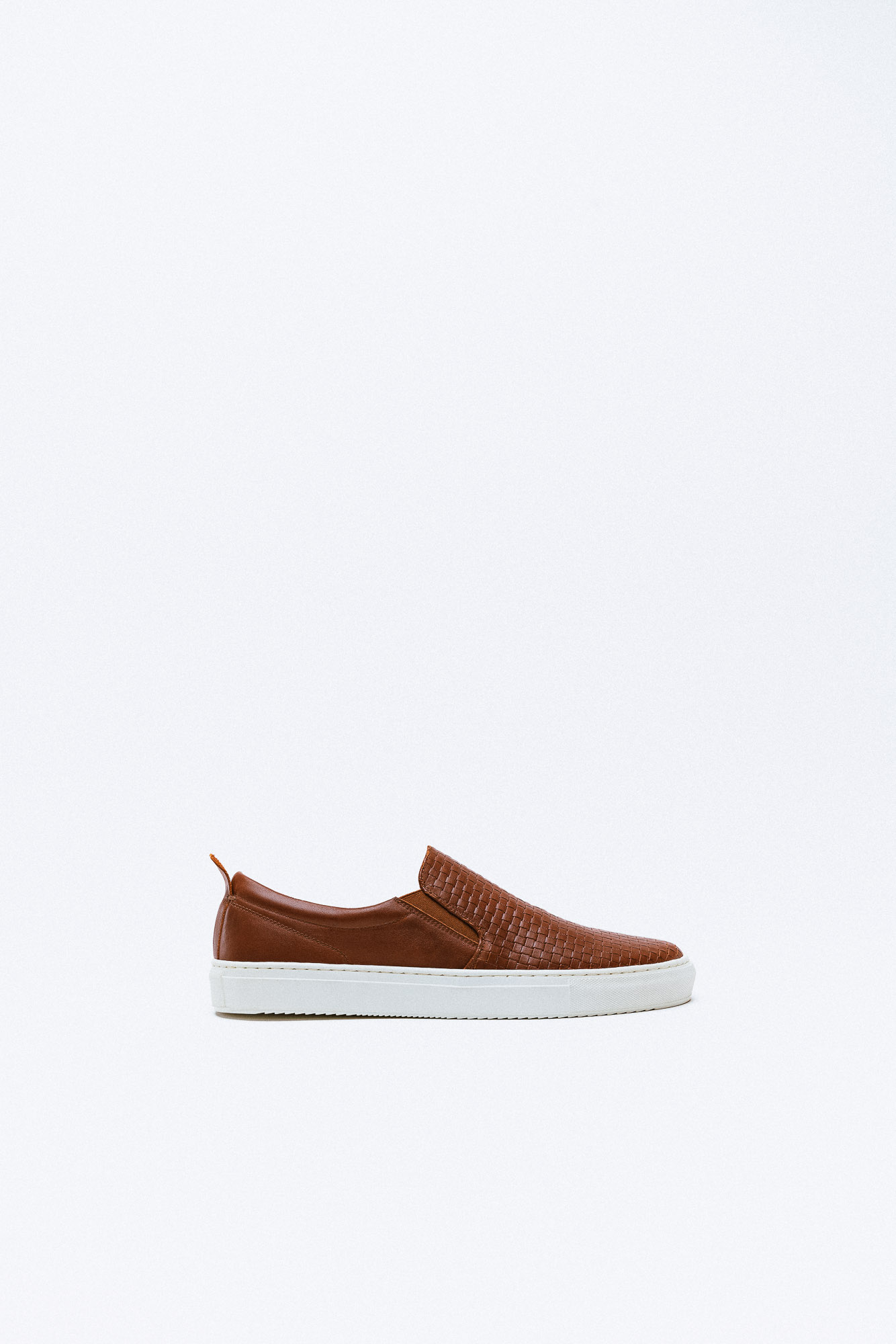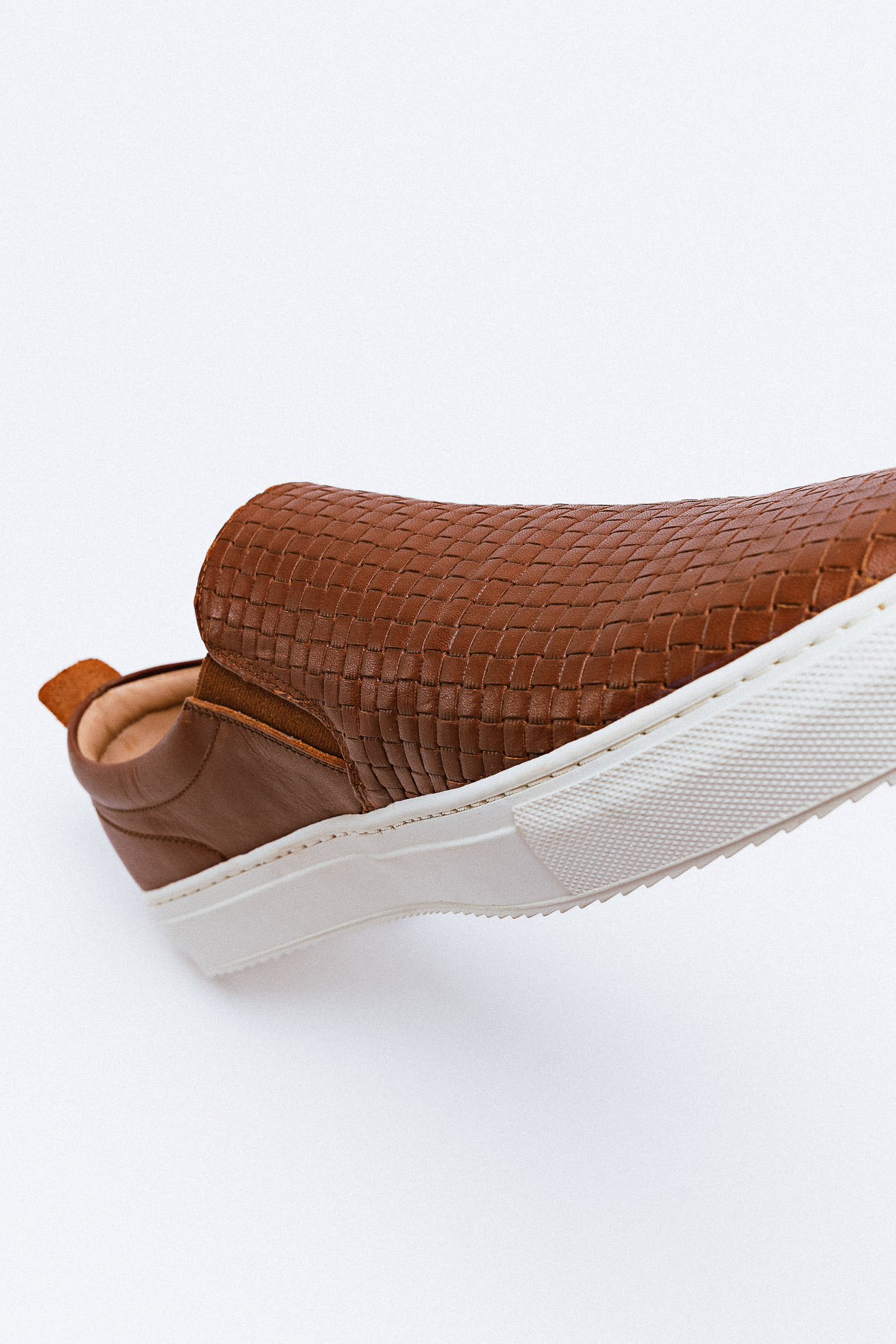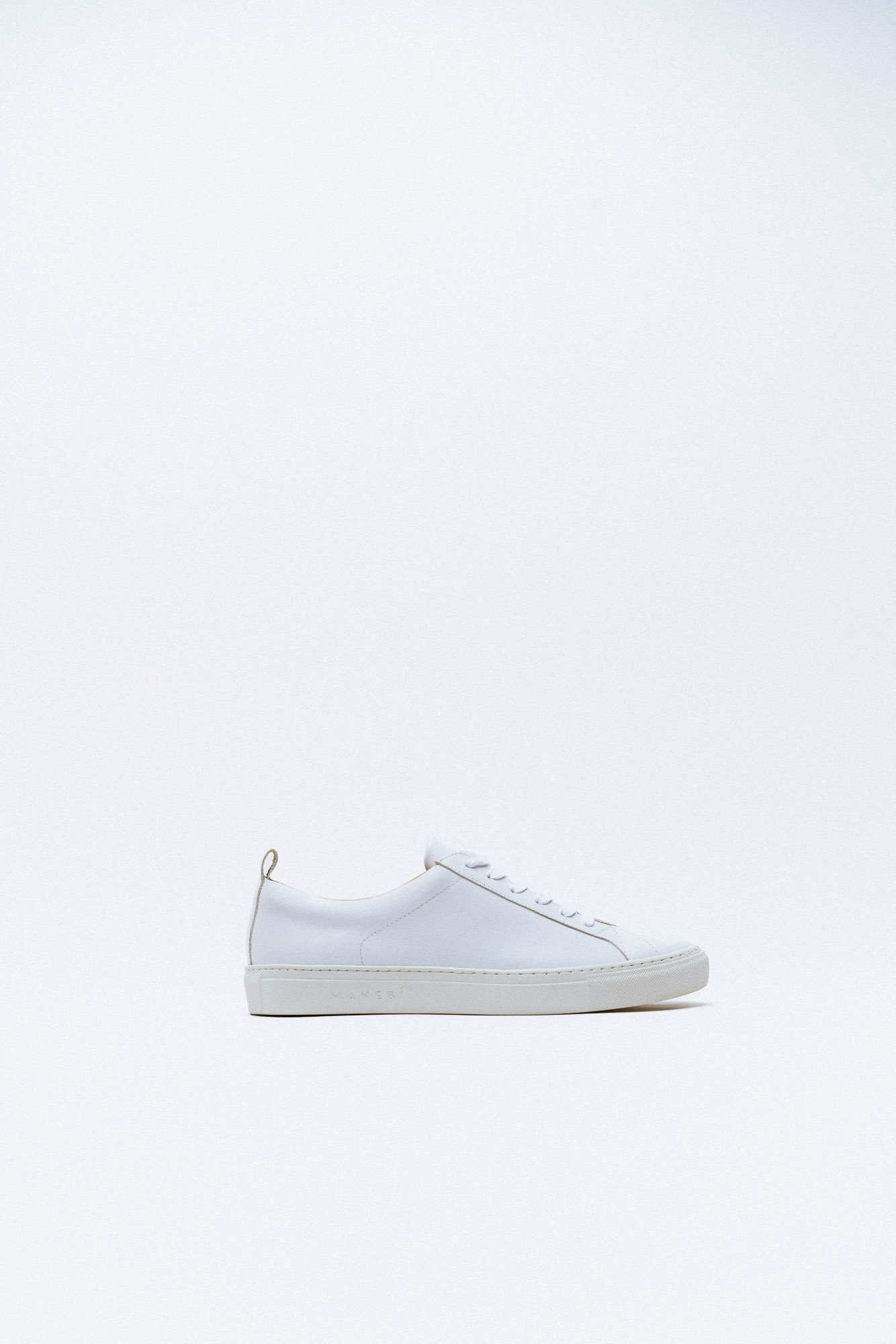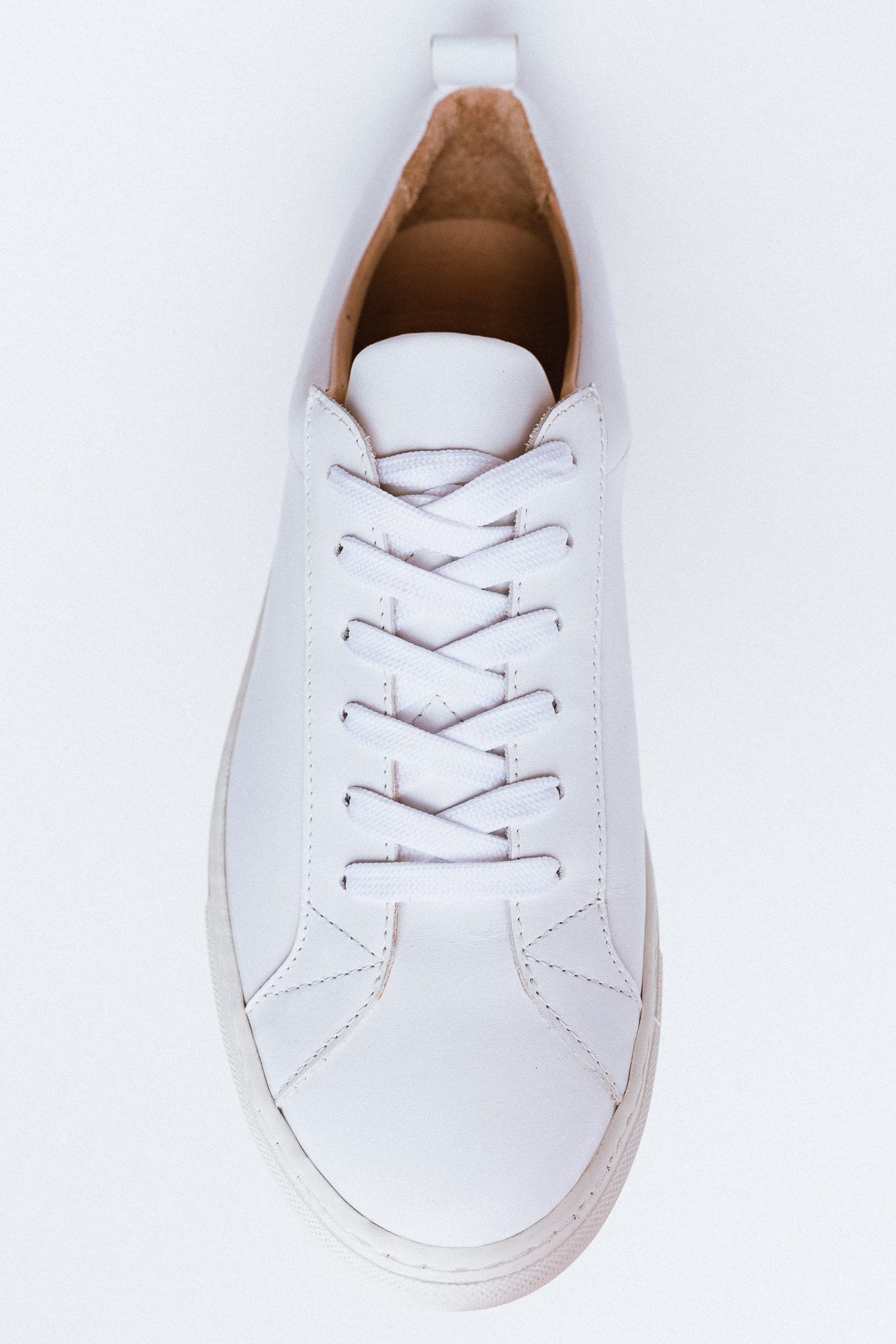Sustainable fashion design is the future! The traditional fashion industry is one of the largest contributor to global pollution, with textile production accounting for around 10% of global carbon emissions. It relies heavily on non-renewable resources such as petroleum. The production process involves large amounts of water, energy, and chemicals. Also, the fast fashion model of producing and disposing of garments quickly contributes to a culture of waste. In addition to the environmental impact, there are also concerns about the treatment of workers in the fashion supply chain. Sustainable fashion design aims to address these issues by using eco-friendly materials, ethical production methods, and innovative design practices so that we can reduce this ecological footprint.
1. Eco-friendly materials
Eco-friendly materials are produced and processed in an environmentally responsible way. Examples of eco-friendly materials include organic cotton, ecovero, hemp fibres, coffee ground fibers, orange fibers, mushroom leather bamboo, recycled polyester, and lyocell. Designers can incorporate these materials into their designs to reduce the negative impact of fashion on the environment. Additionally, designers can choose materials that are biodegradable or compostable, so that garments can be disposed responsibly at the end of their life cycle. Portugal Textile has what you need to create your sustainable collection with the most ecological materials without losing our premium quality.
2. Ethical Production Methods
Ethical production methods involve ensuring that workers are treated fairly and paid a living wage. This includes providing safe working conditions, and eliminating the use of child and forced labor. Sustainable fashion designers should consider the entire supply chain of their garments, from the sourcing of materials to the production process to ensure that their designs are produced in an ethical manner. This can involve working with factories and suppliers that have certifications such as Fair Trade or the Global Organic Textile Standard.
3. Innovative Design Practices
Innovative design practices involve finding new ways to create fashionable and functional garments using sustainable materials and production methods. Furthermore, this can involve creating garments that are modular and can be easily repaired or updated, so that they last longer and contribute less to the culture of waste. Additionally, designers can incorporate zero-waste techniques into their designs, such as using fabric scraps to create new clothing or accessories.
Sustainable fashion design offers a more responsible and ethical approach to fashion, that addresses the negative impact of the traditional fashion industry on the environment and society. By using eco-friendly materials, ethical production methods, and innovative design practices, designers can create fashionable and functional clothes that do not harm the environment or exploit workers. Furthermore, as consumers become more conscious about the impact of their purchasing decisions, sustainable fashion design is poised to become the future of the fashion industry.
Do you want to create your collection with us? Click here and contact us.

